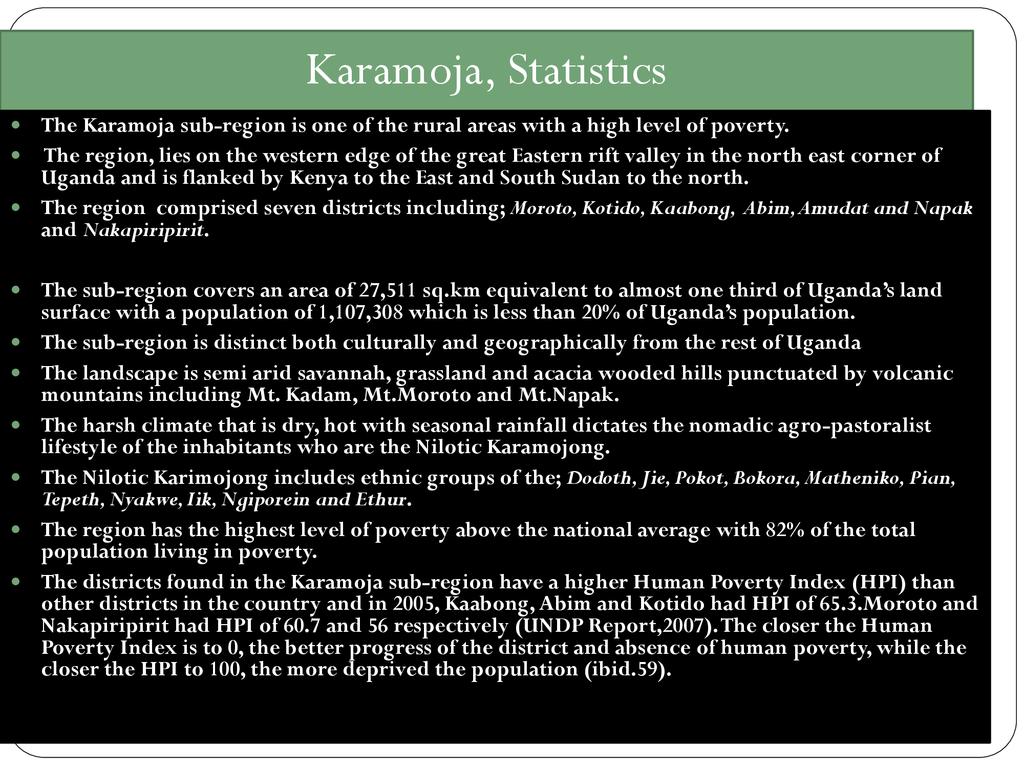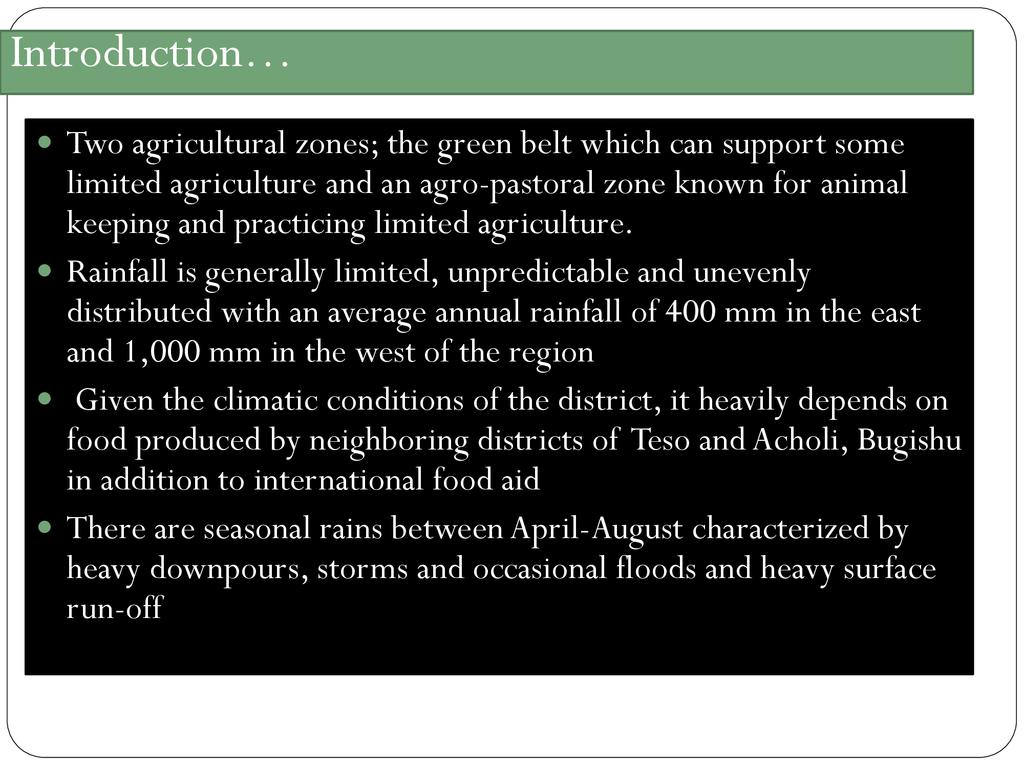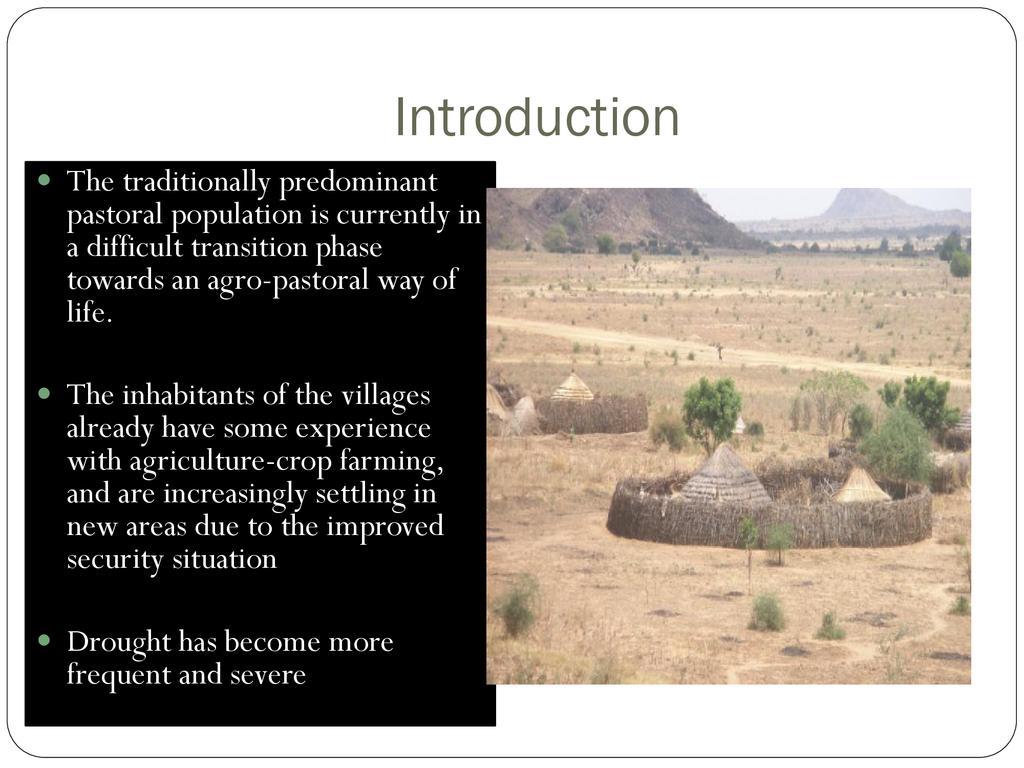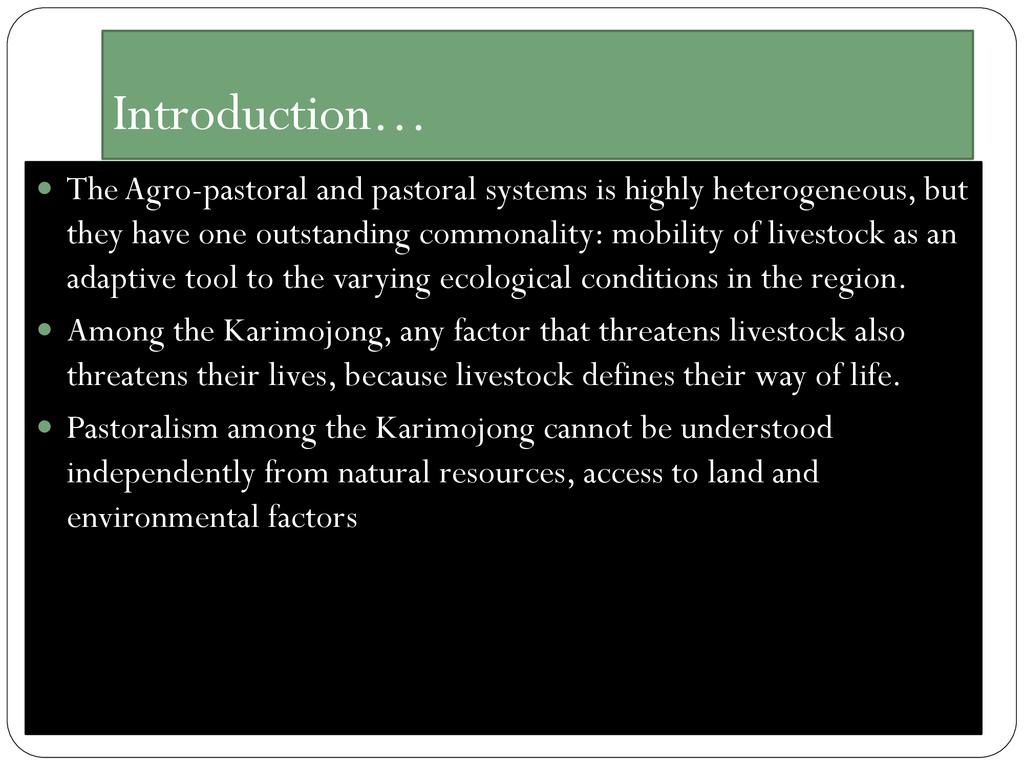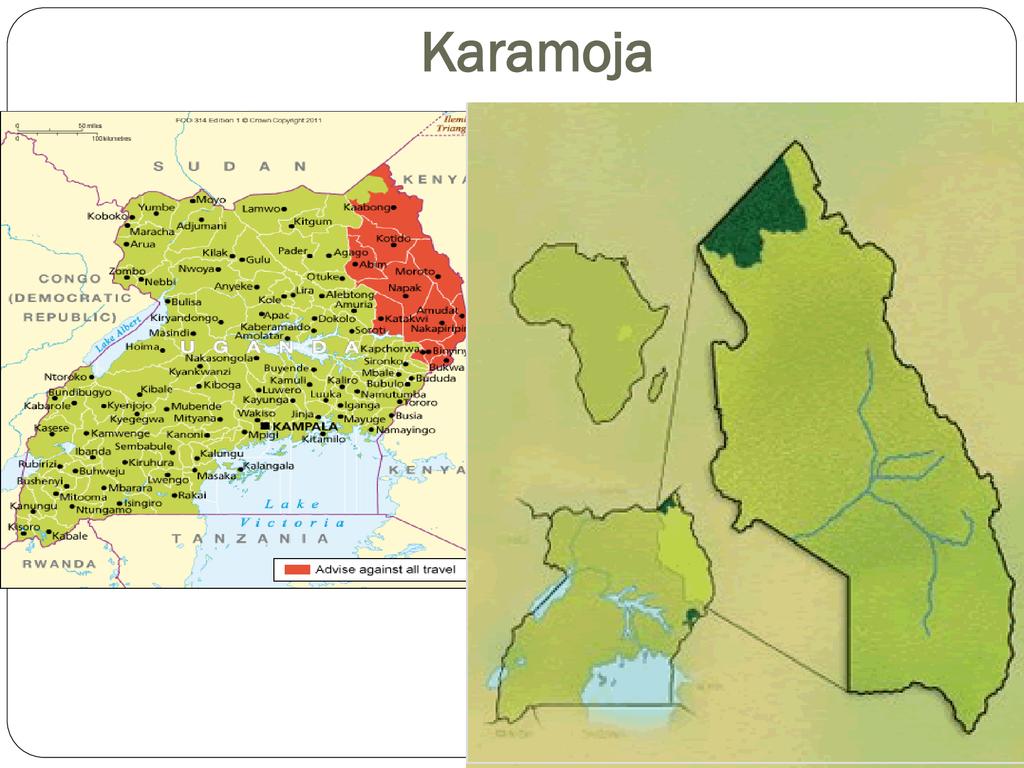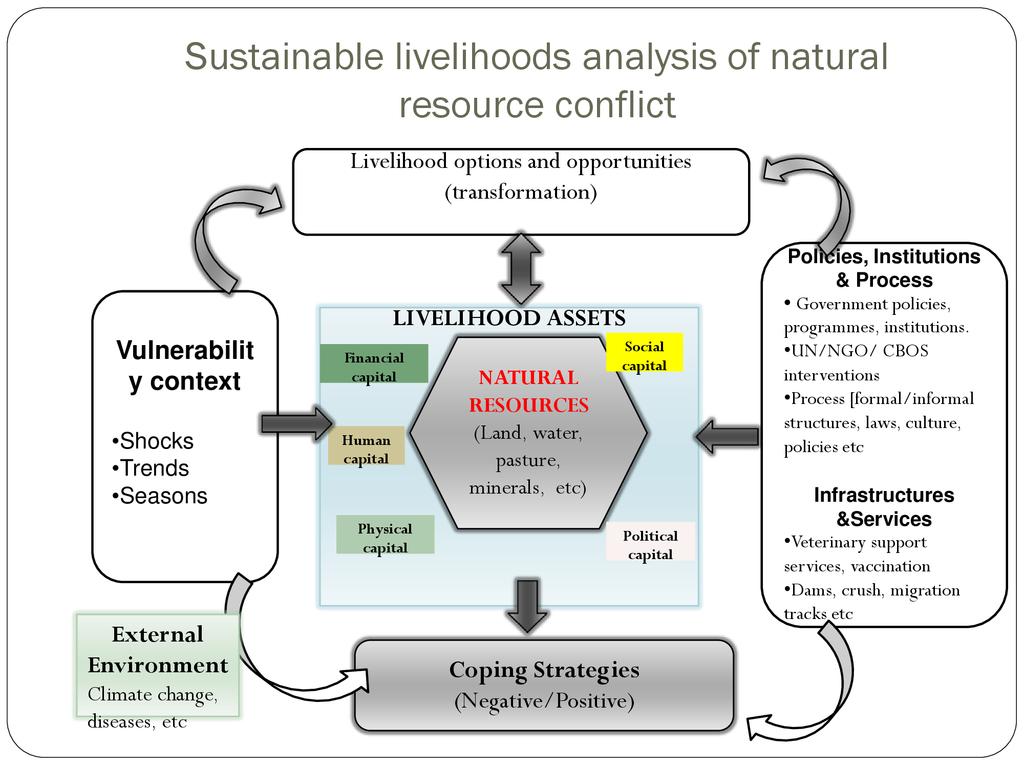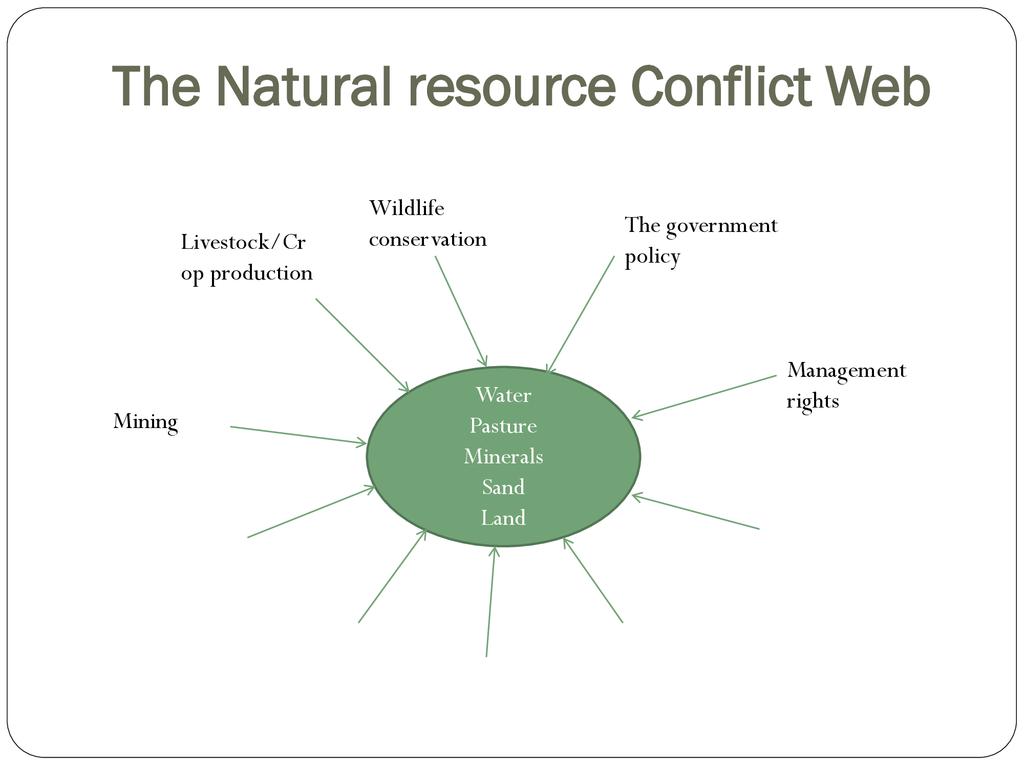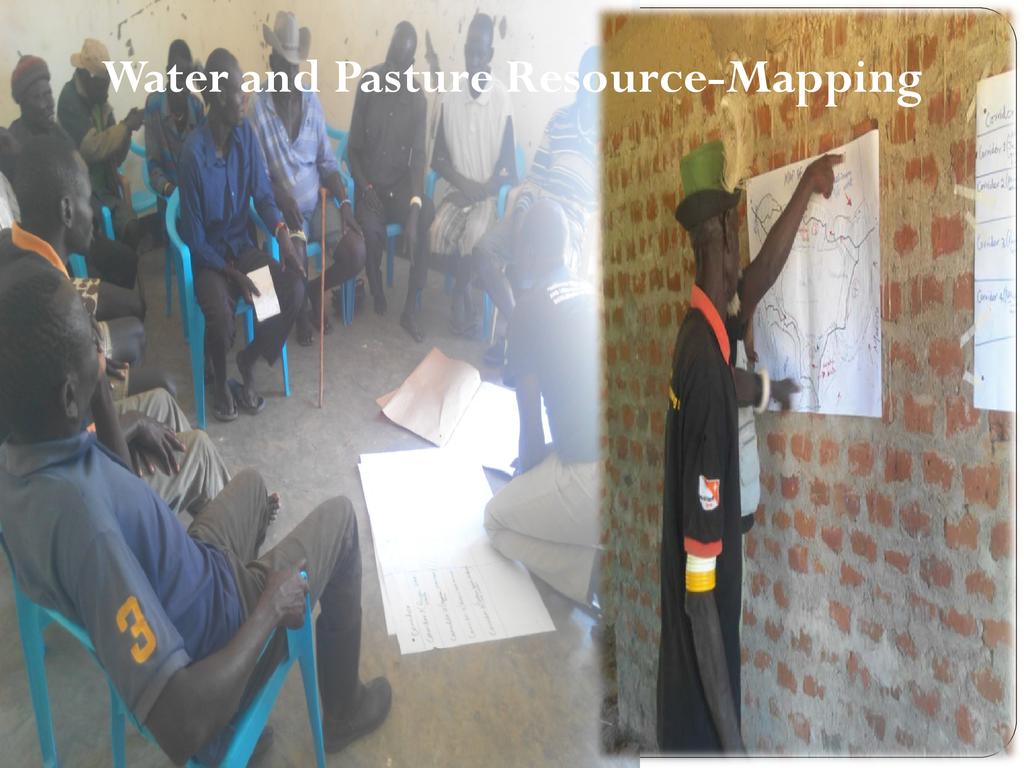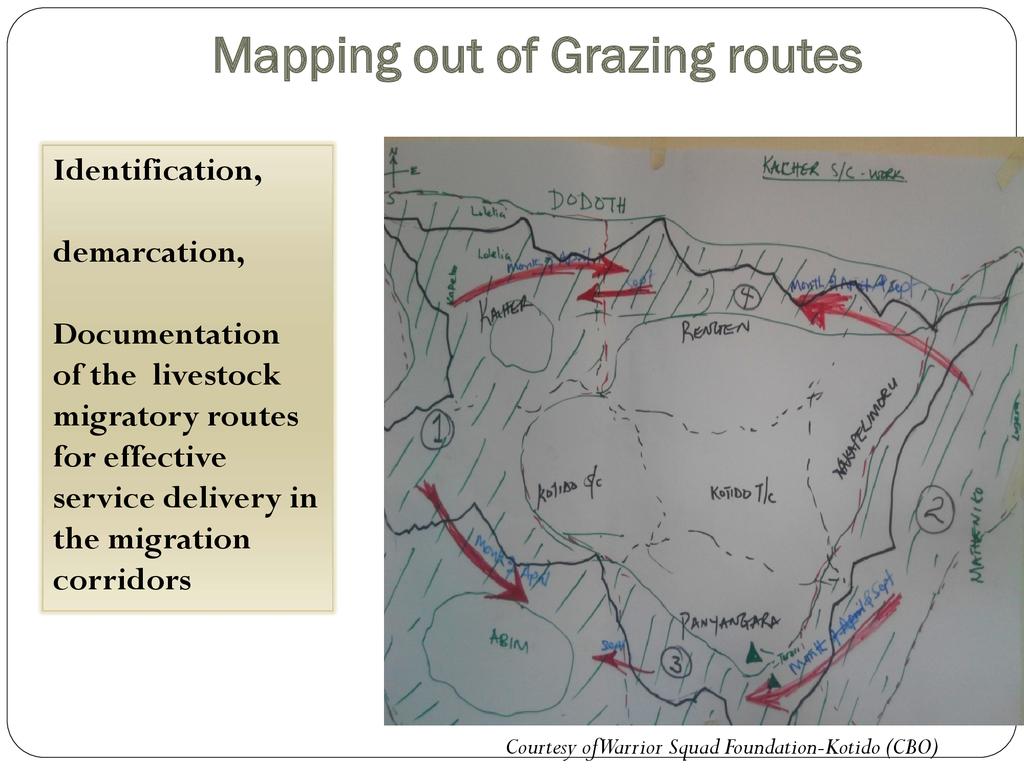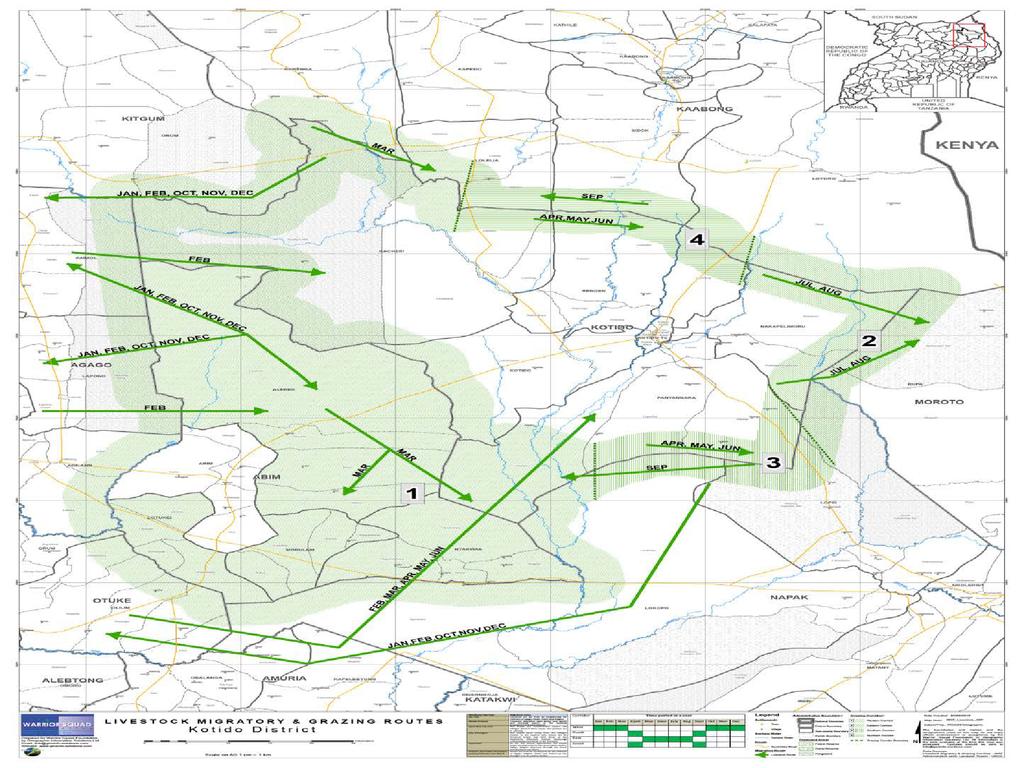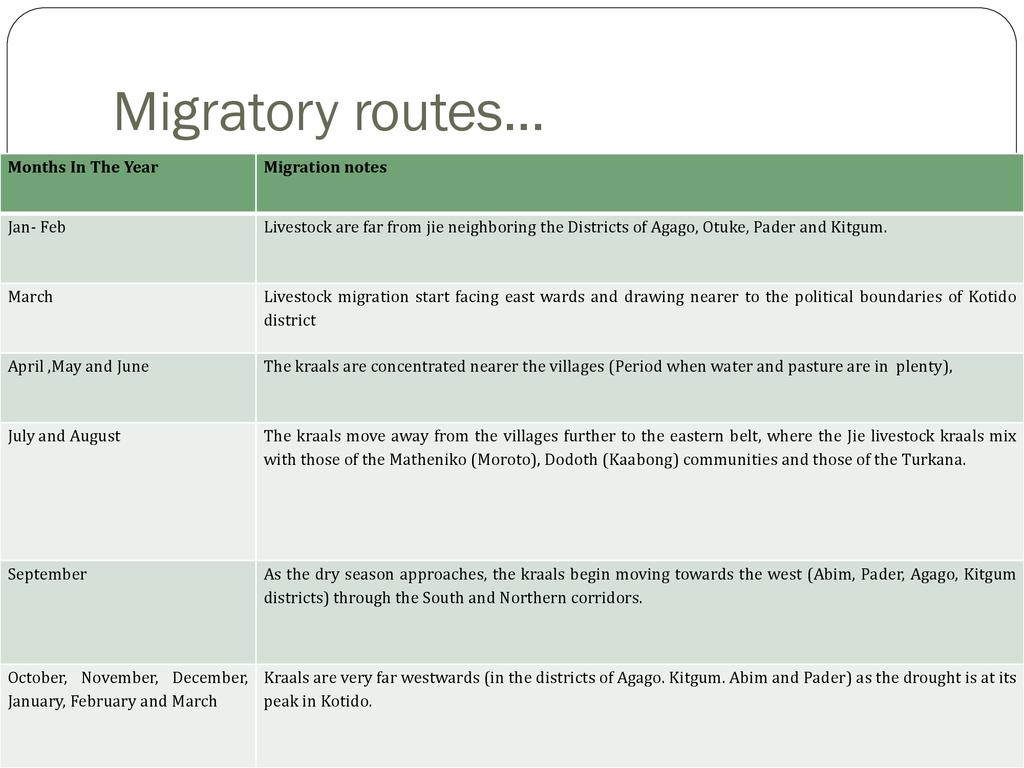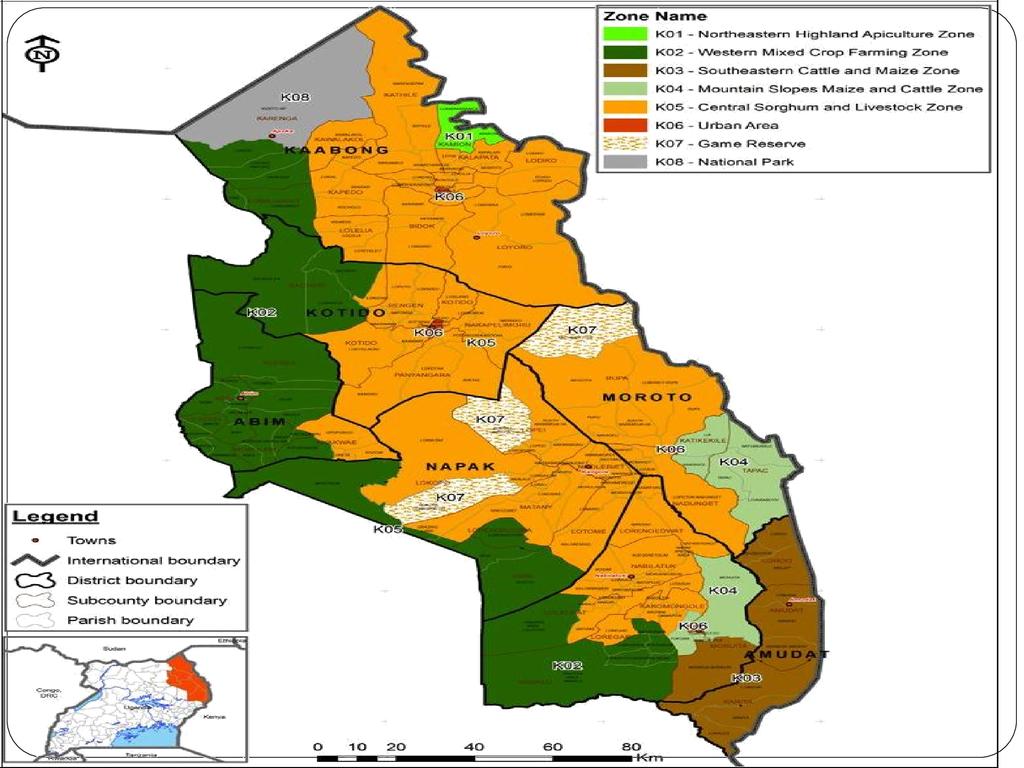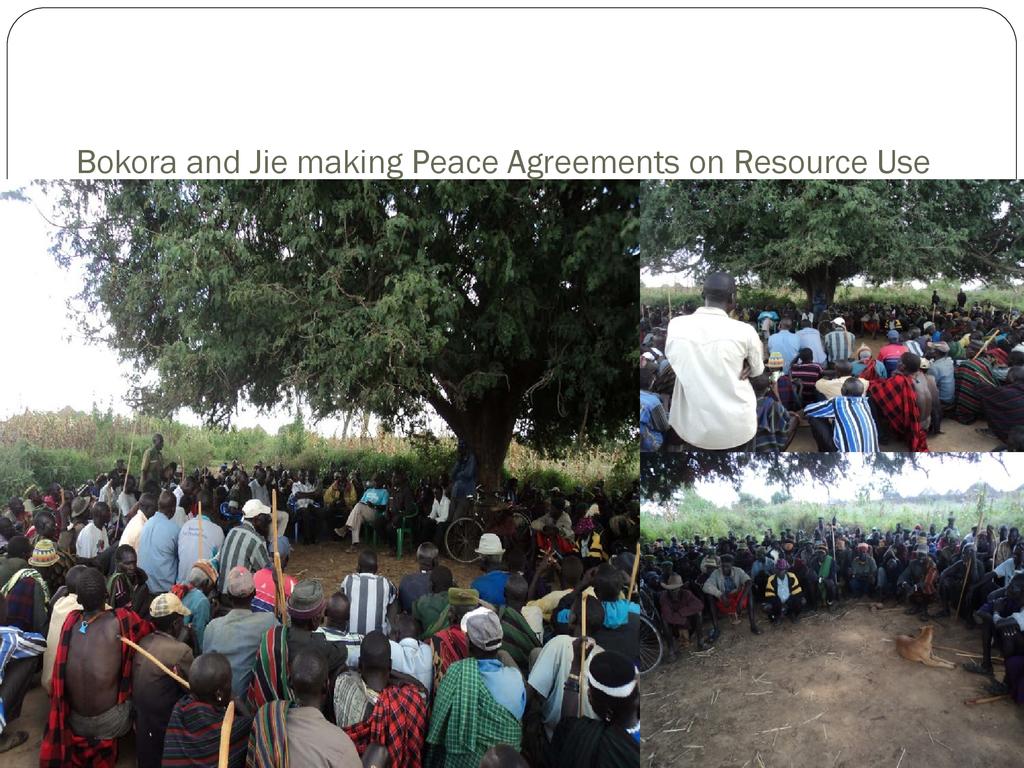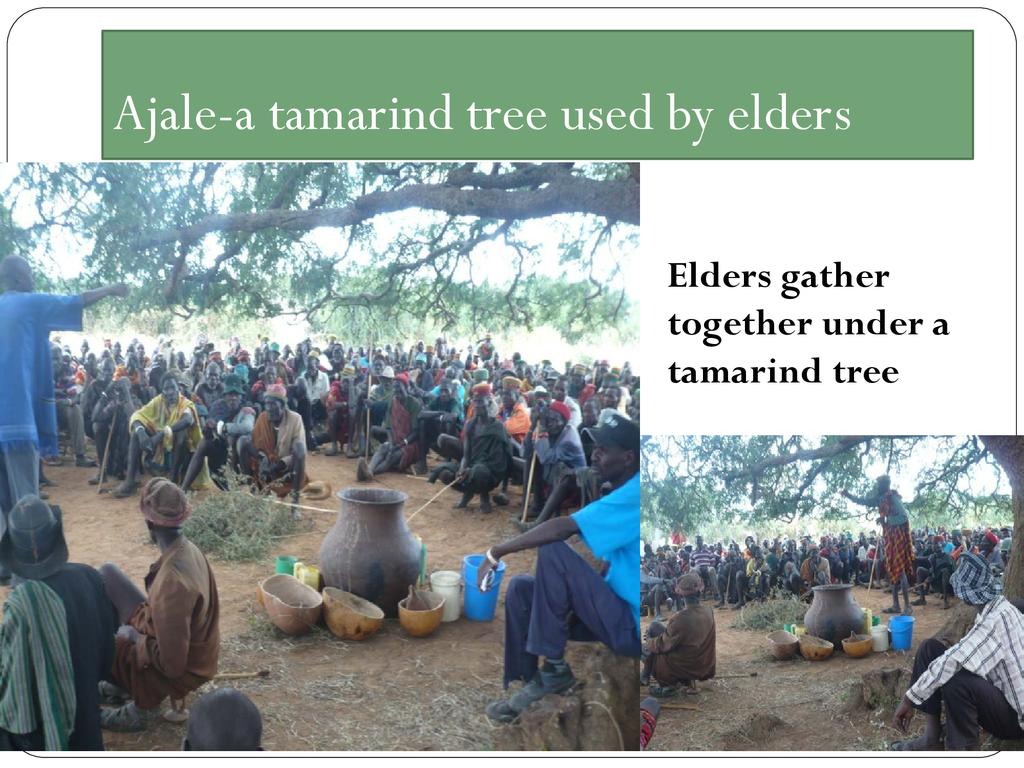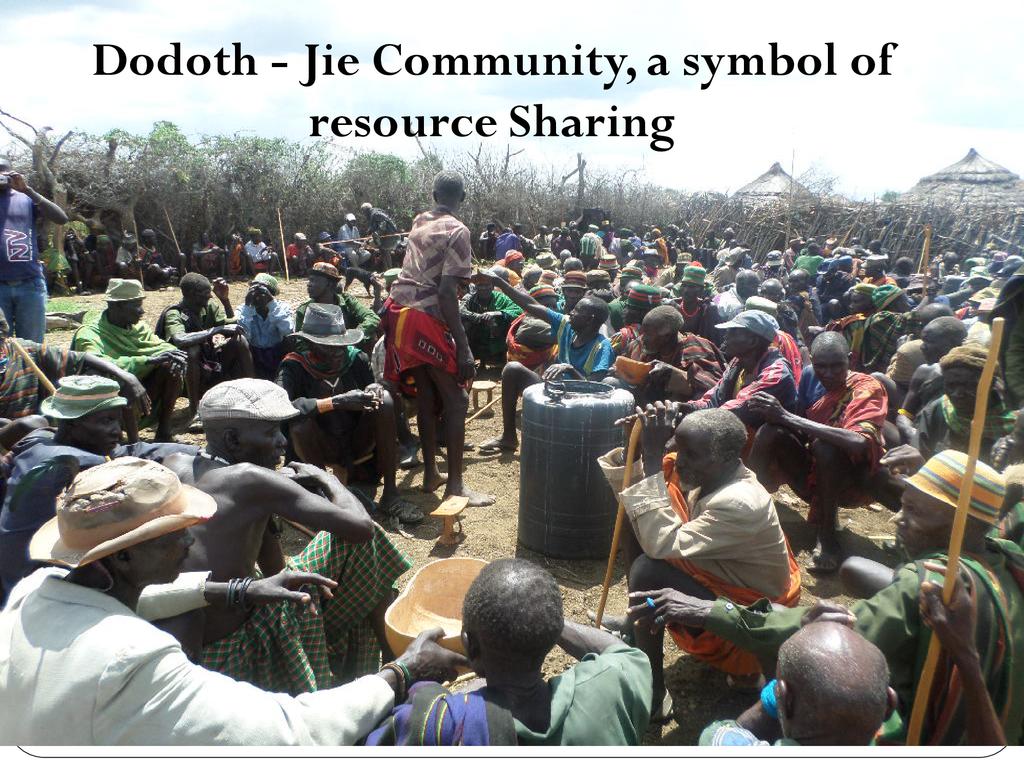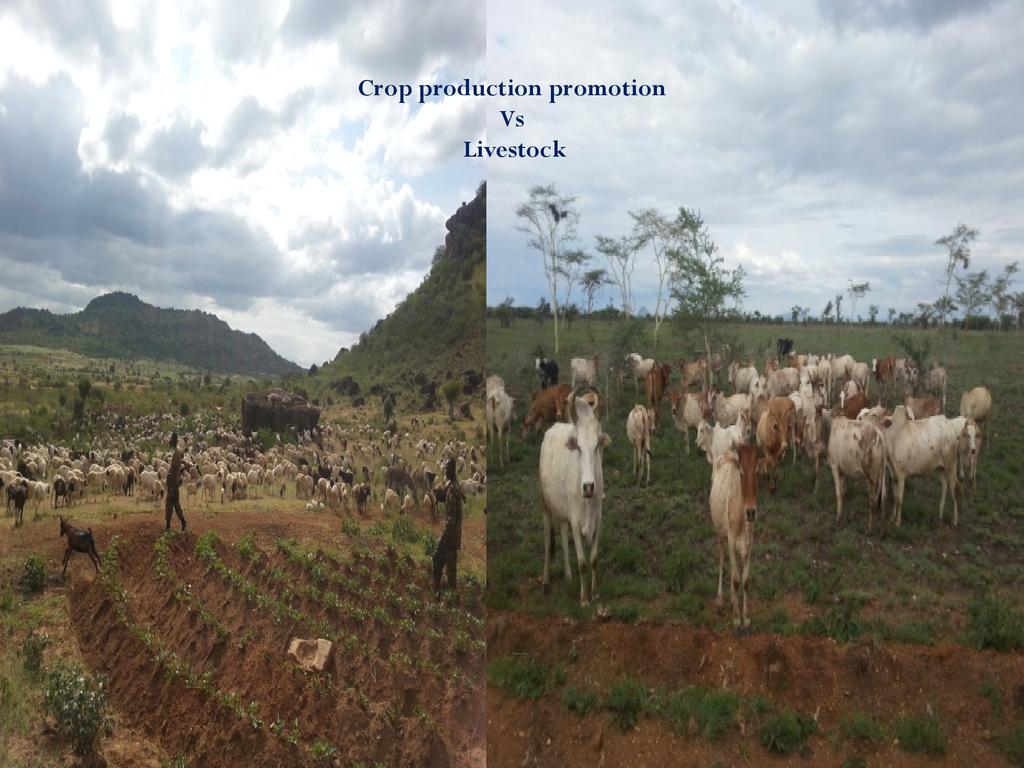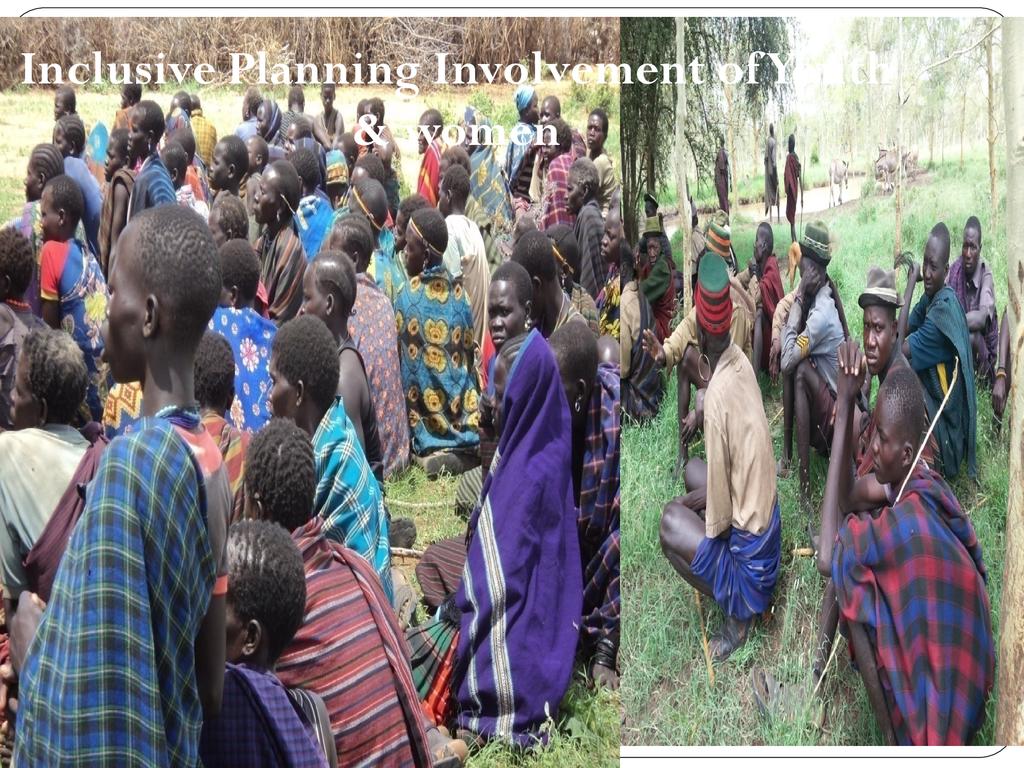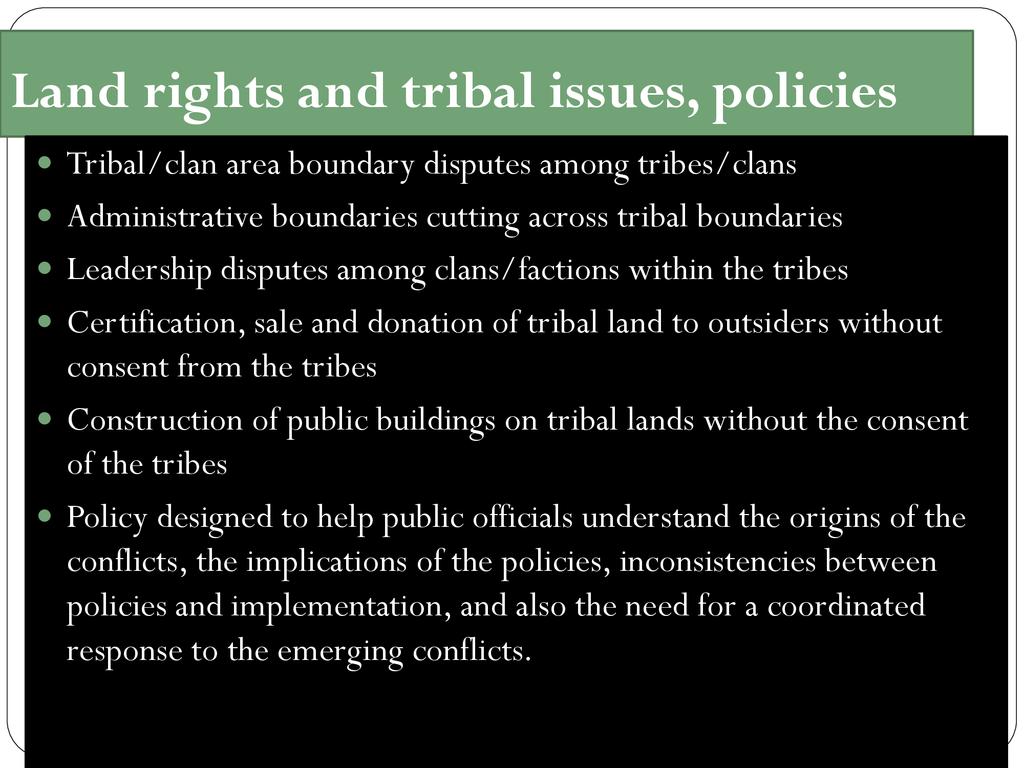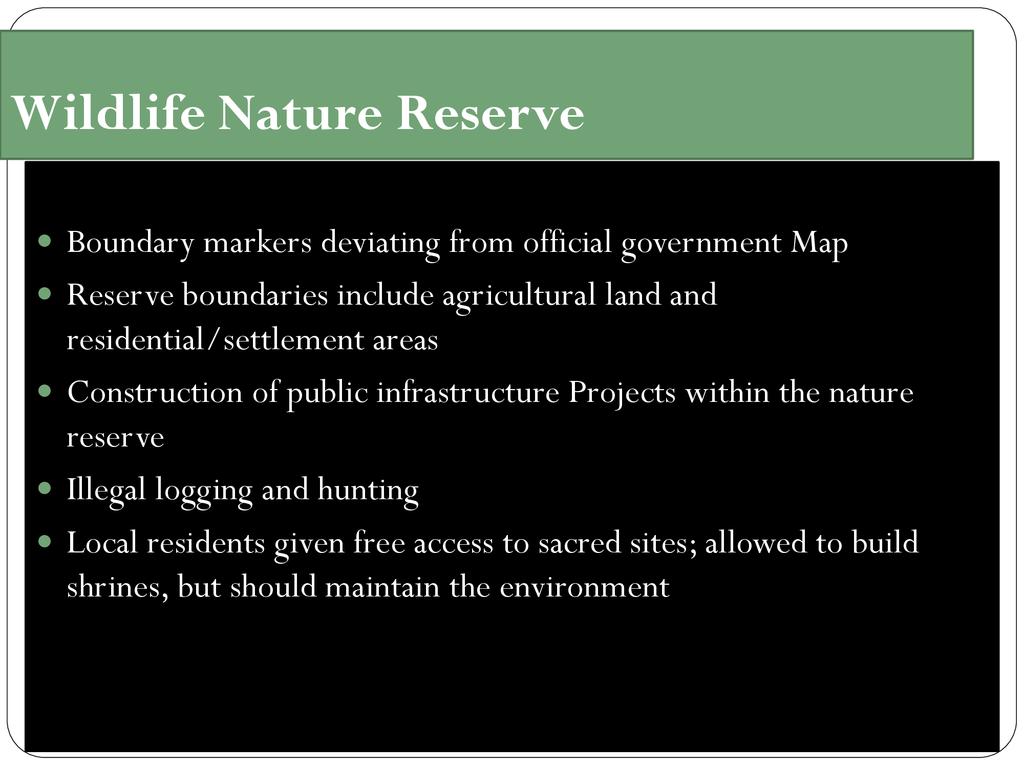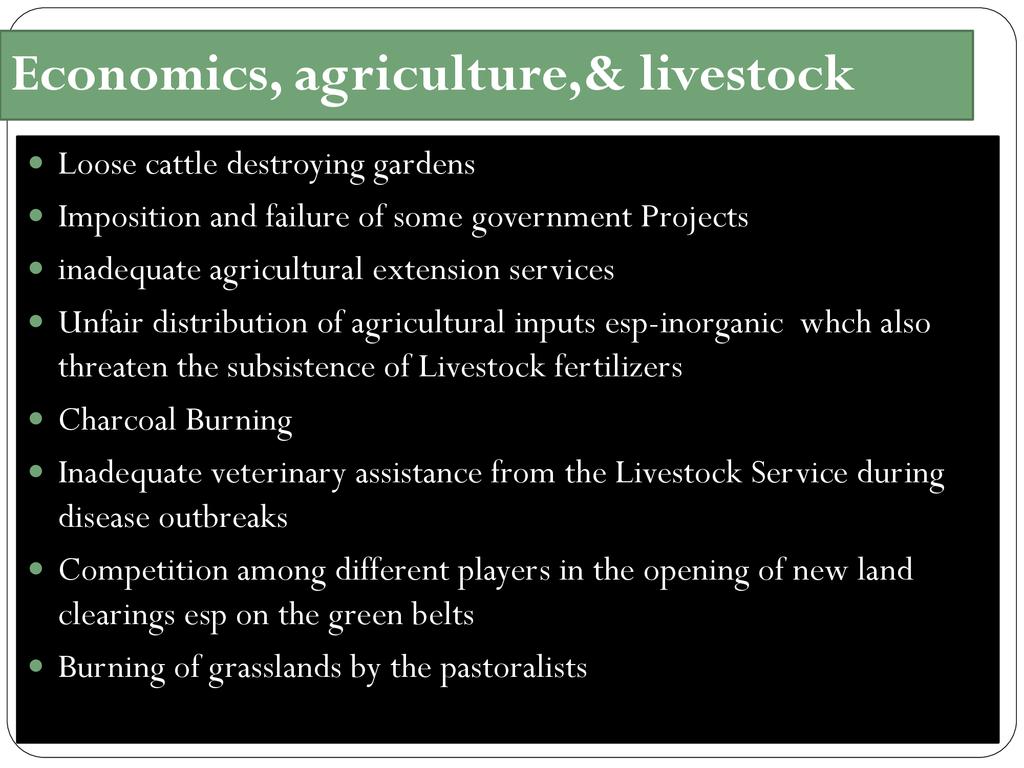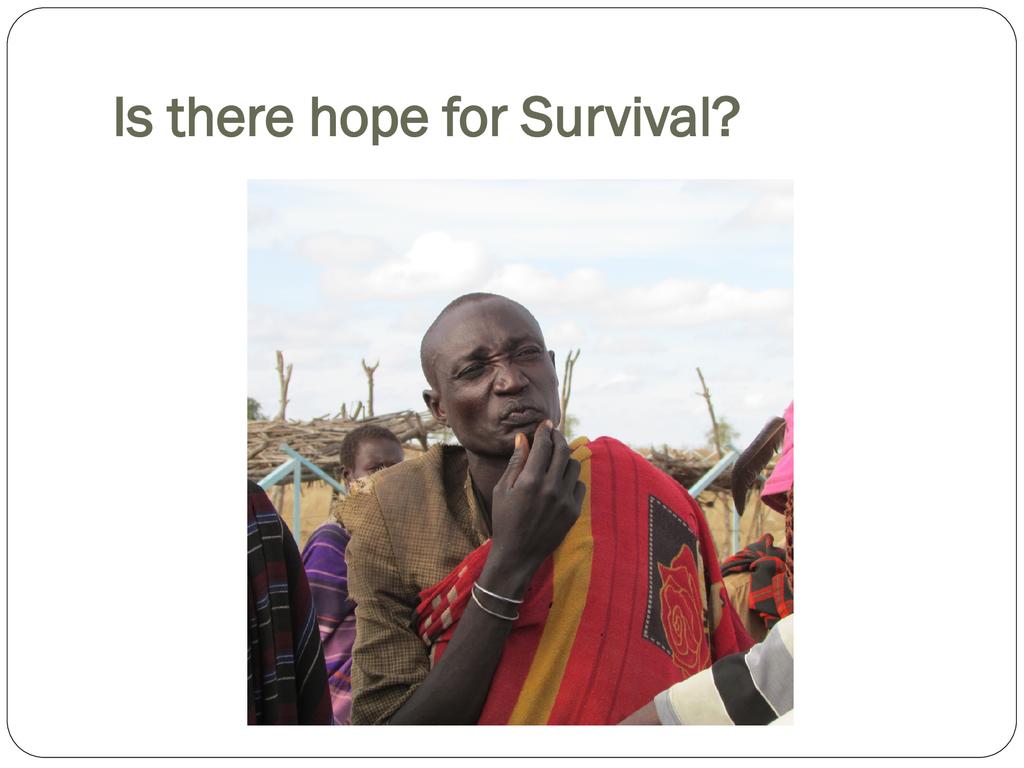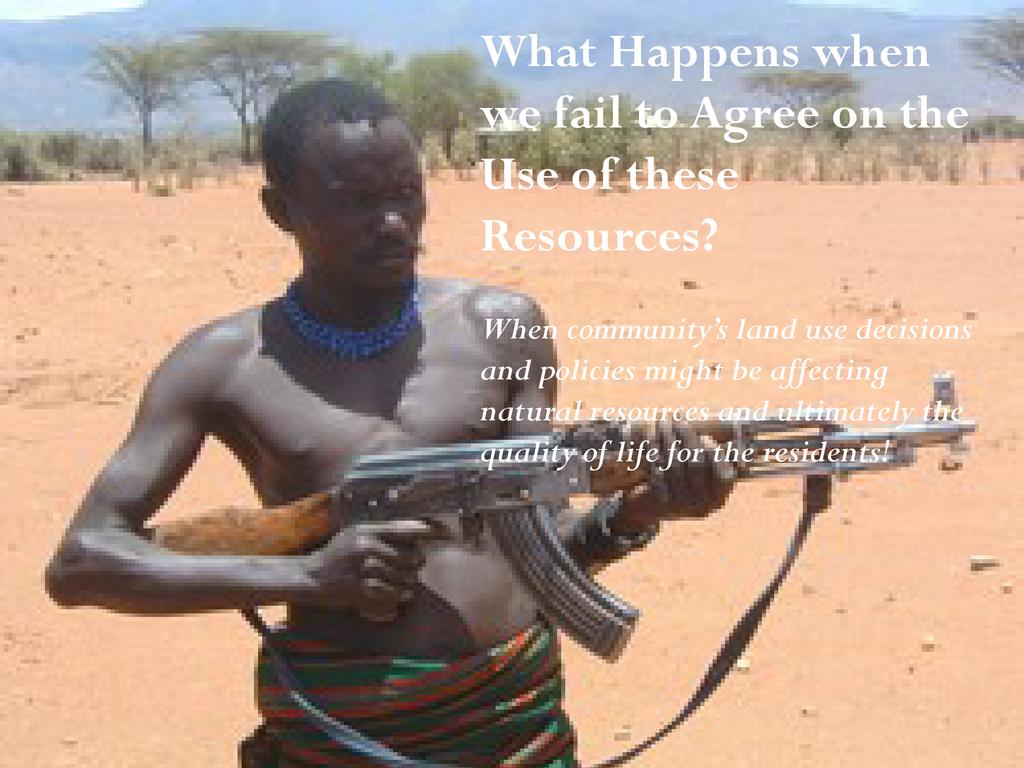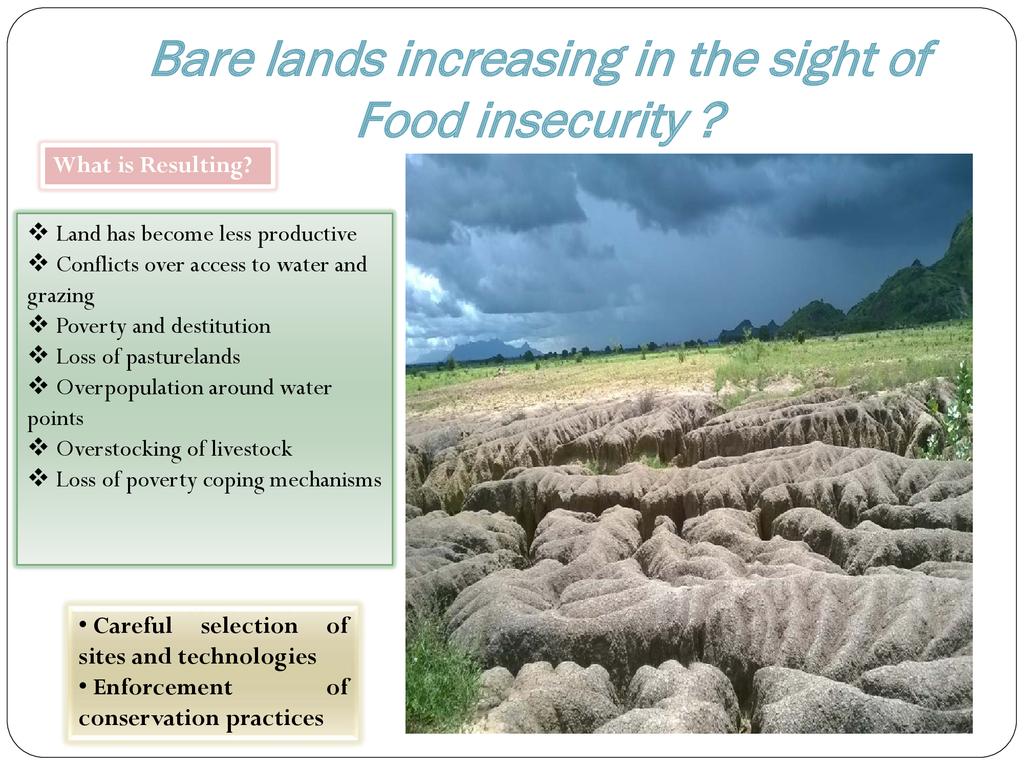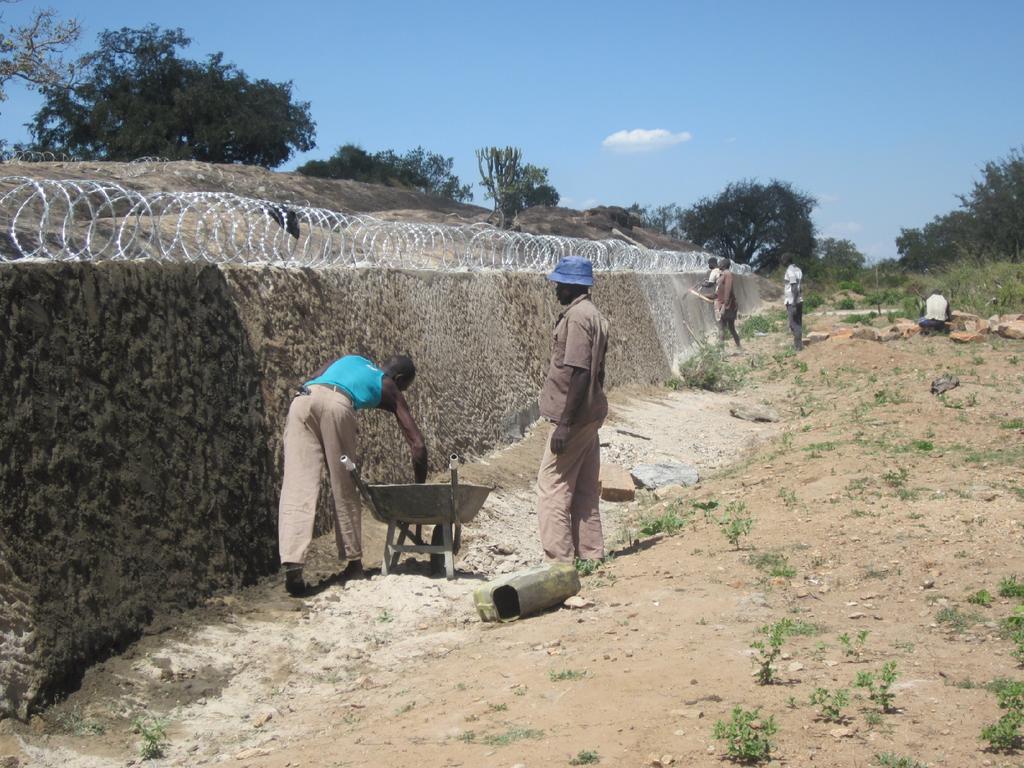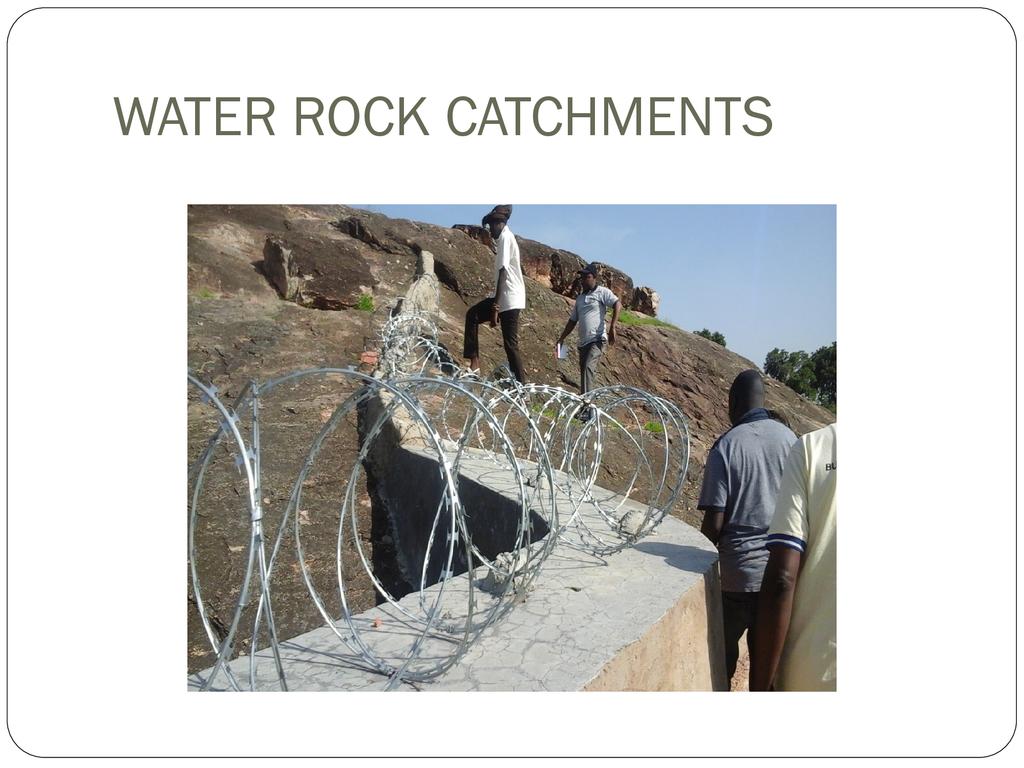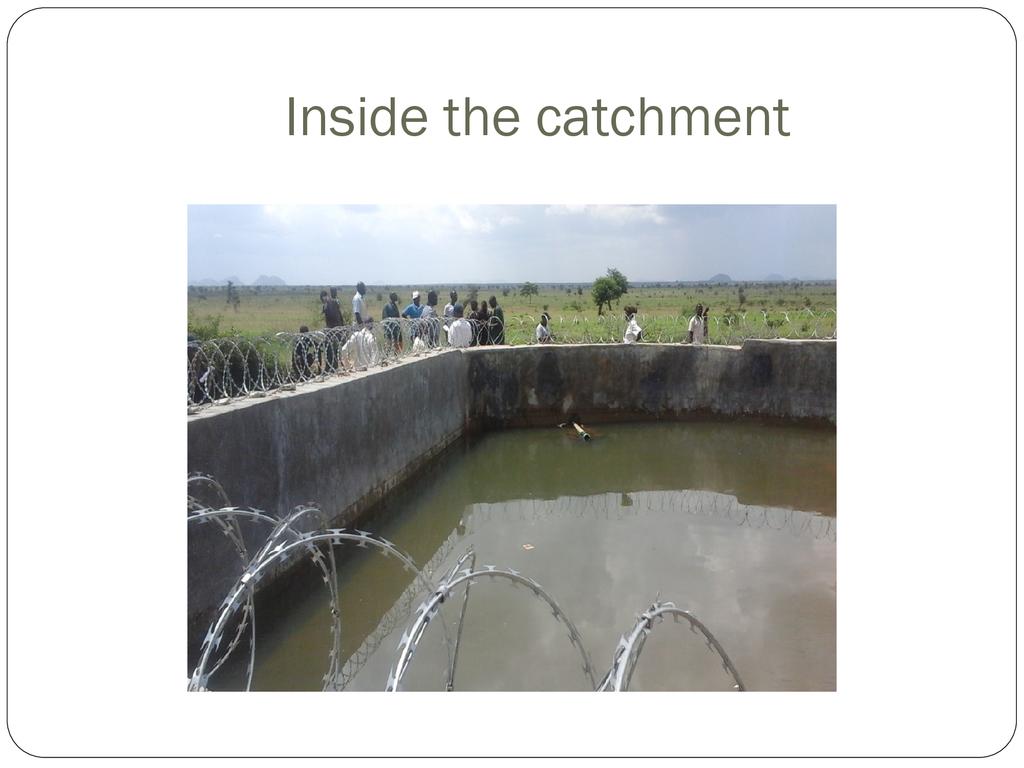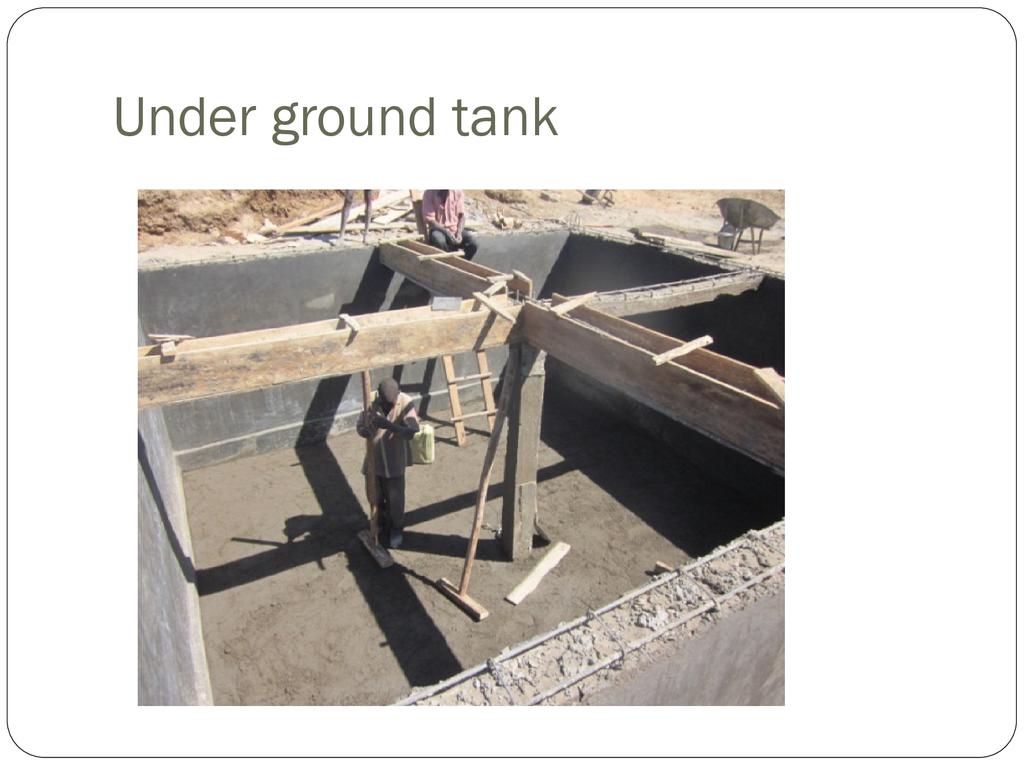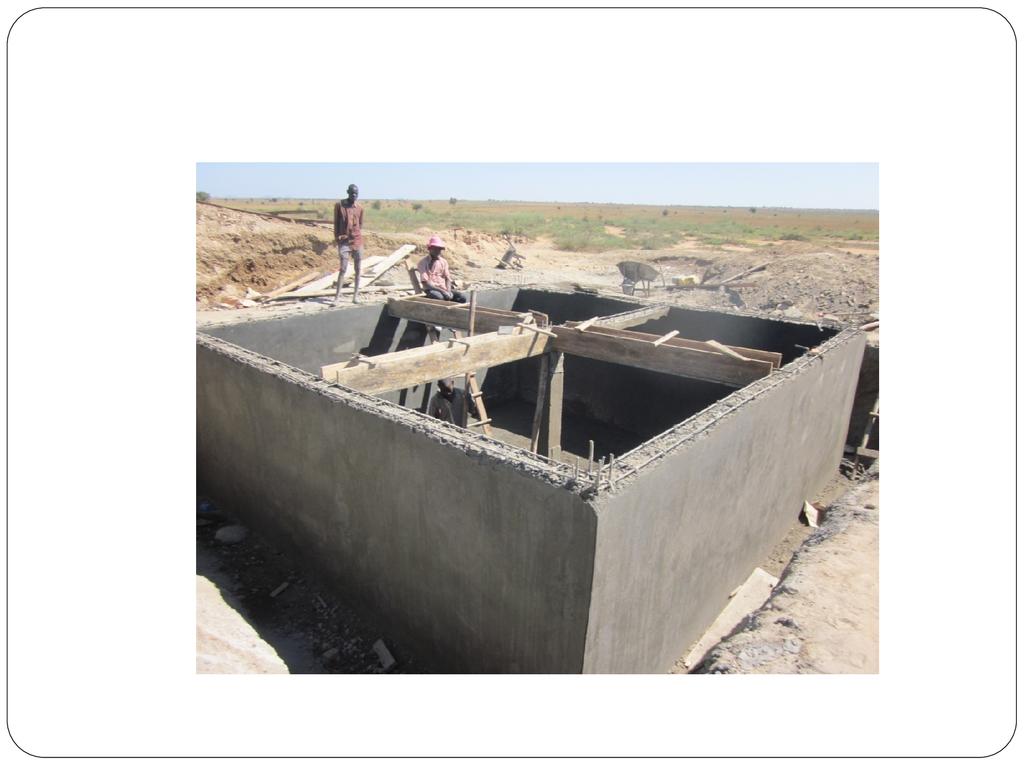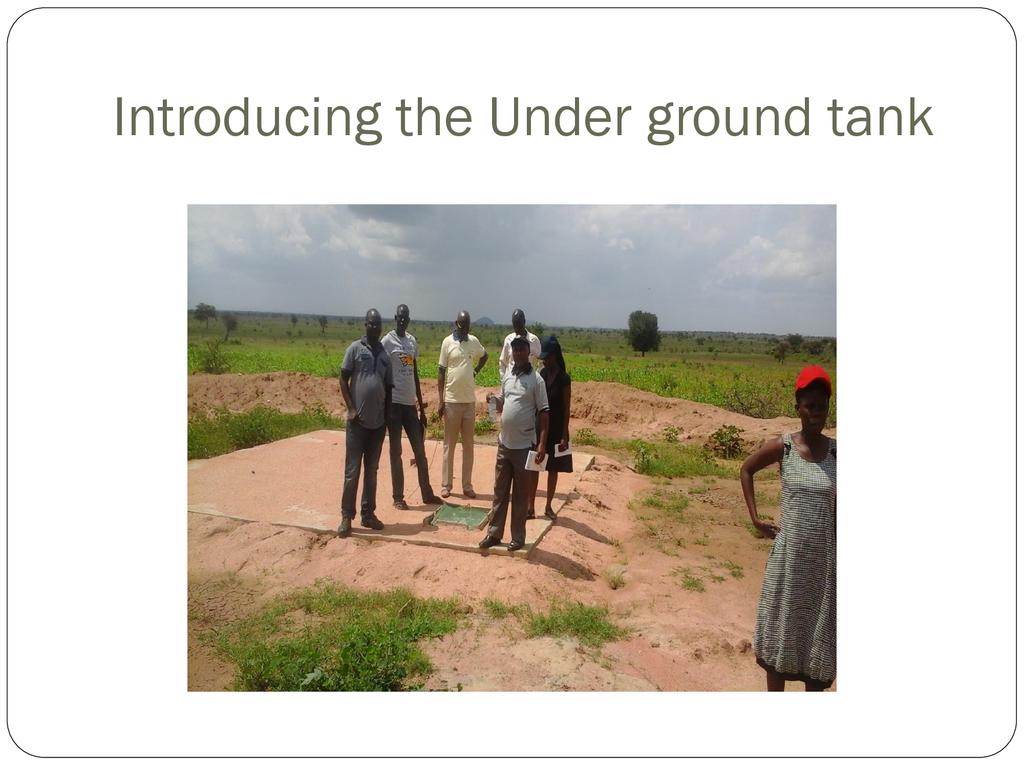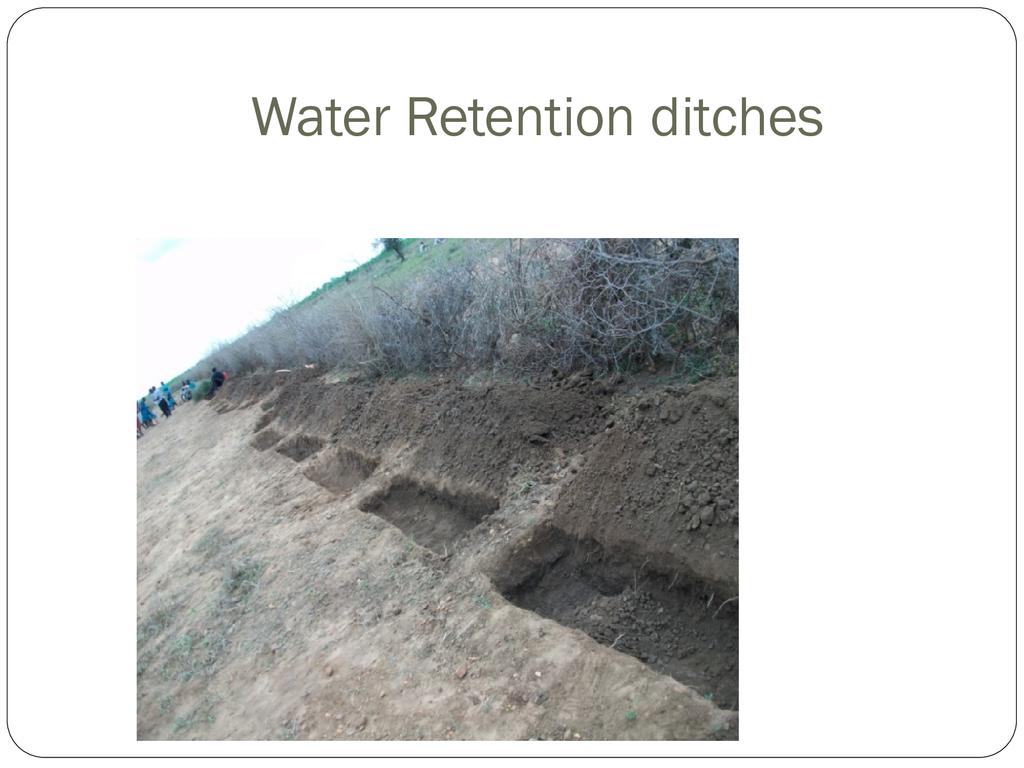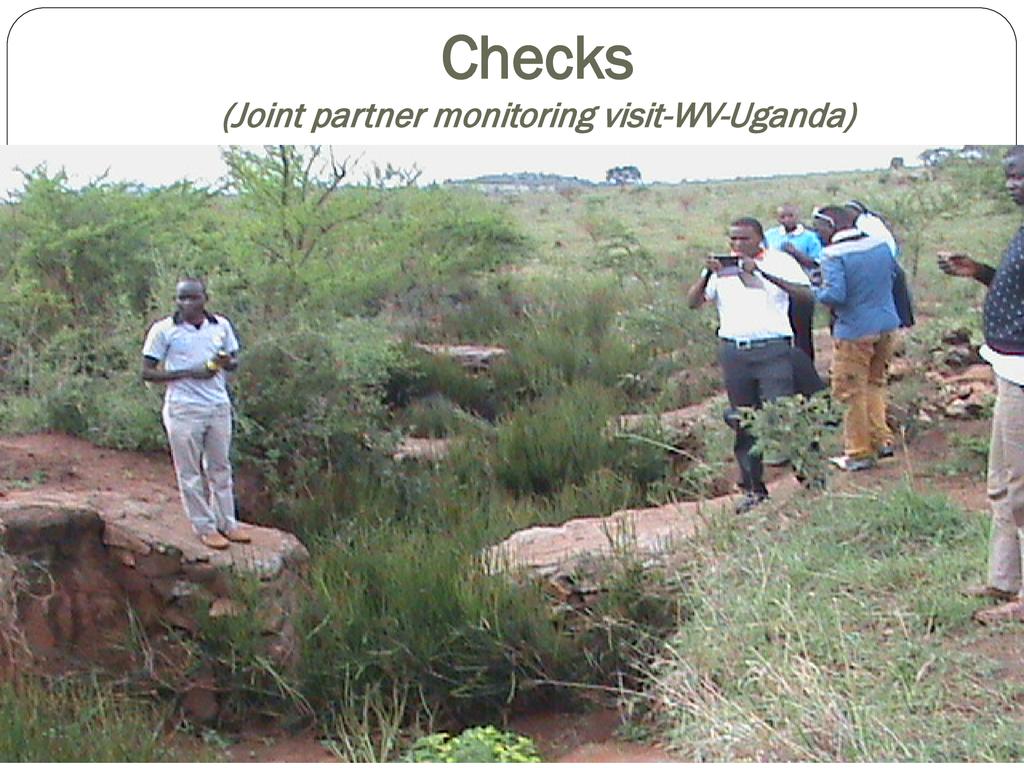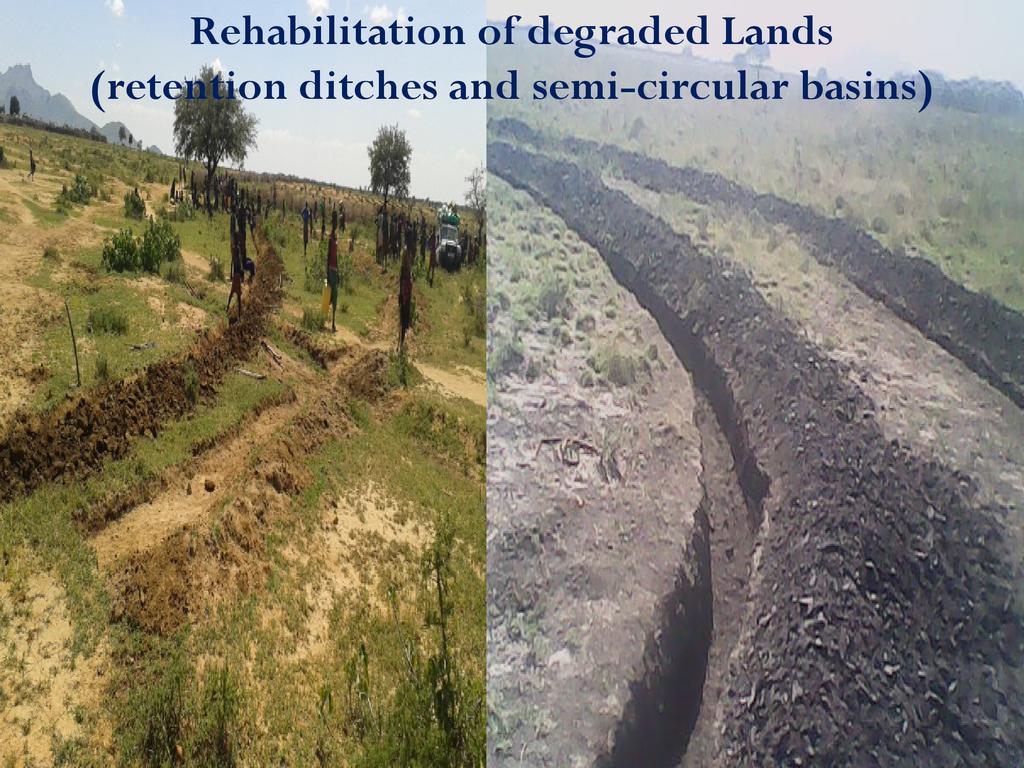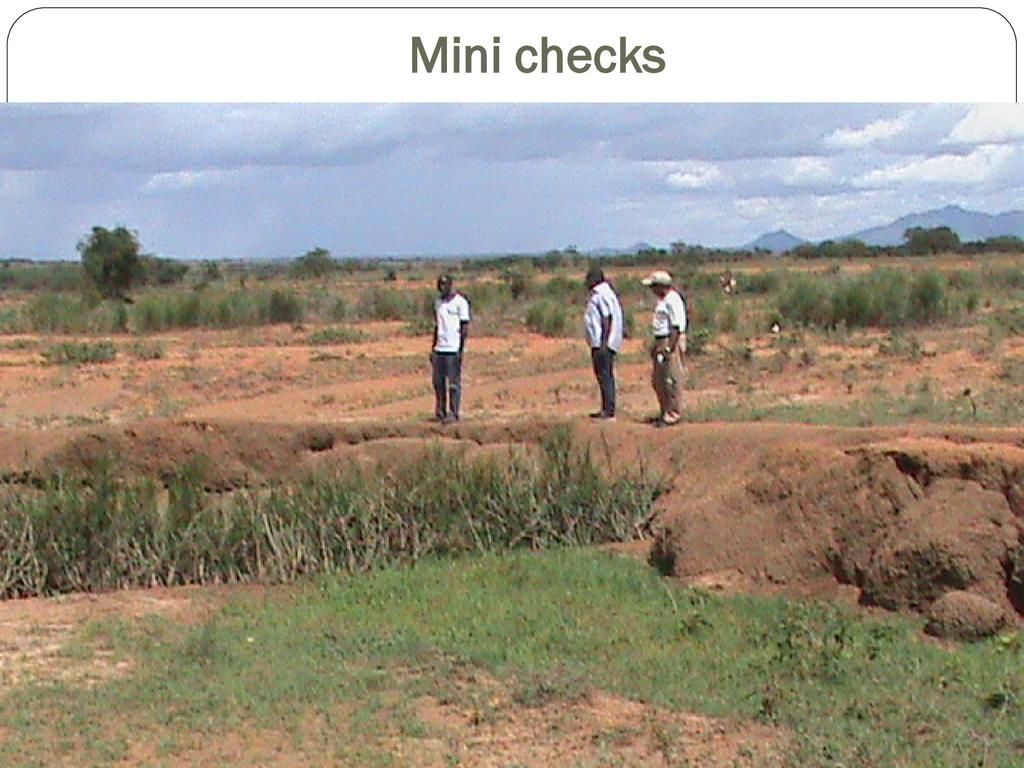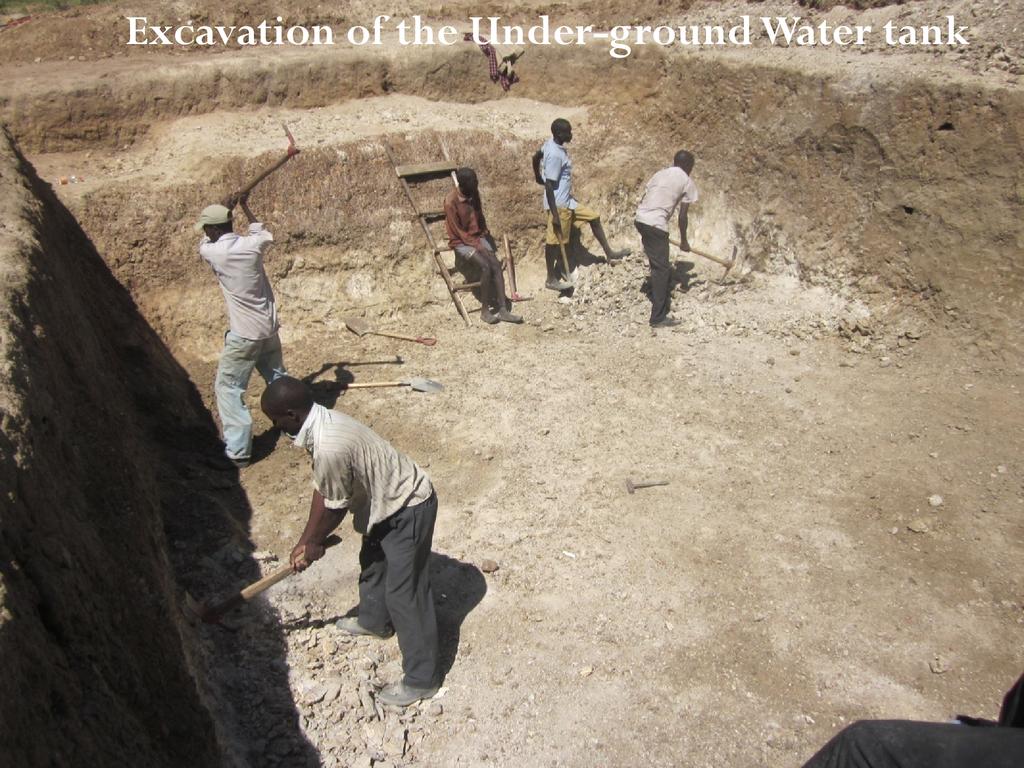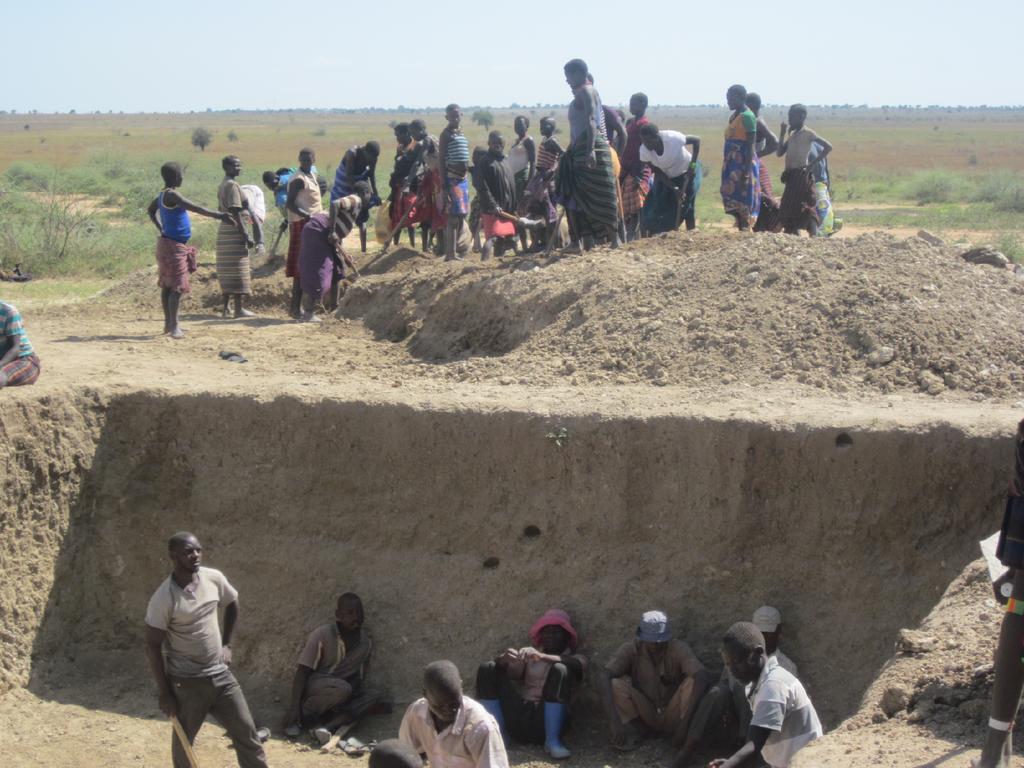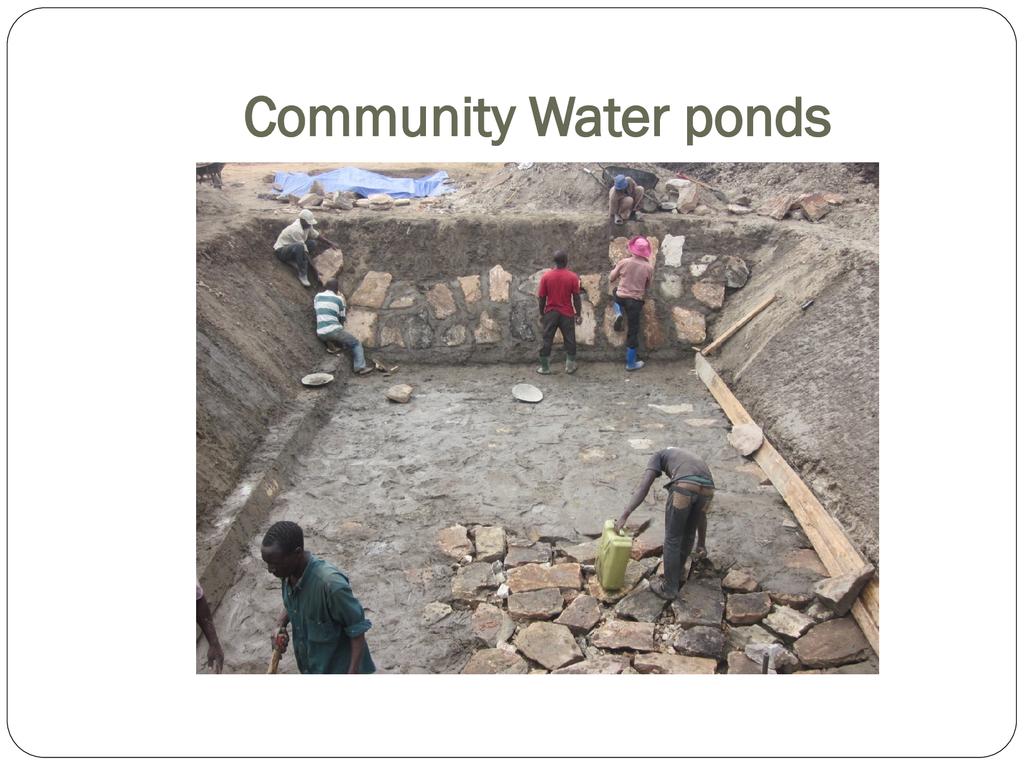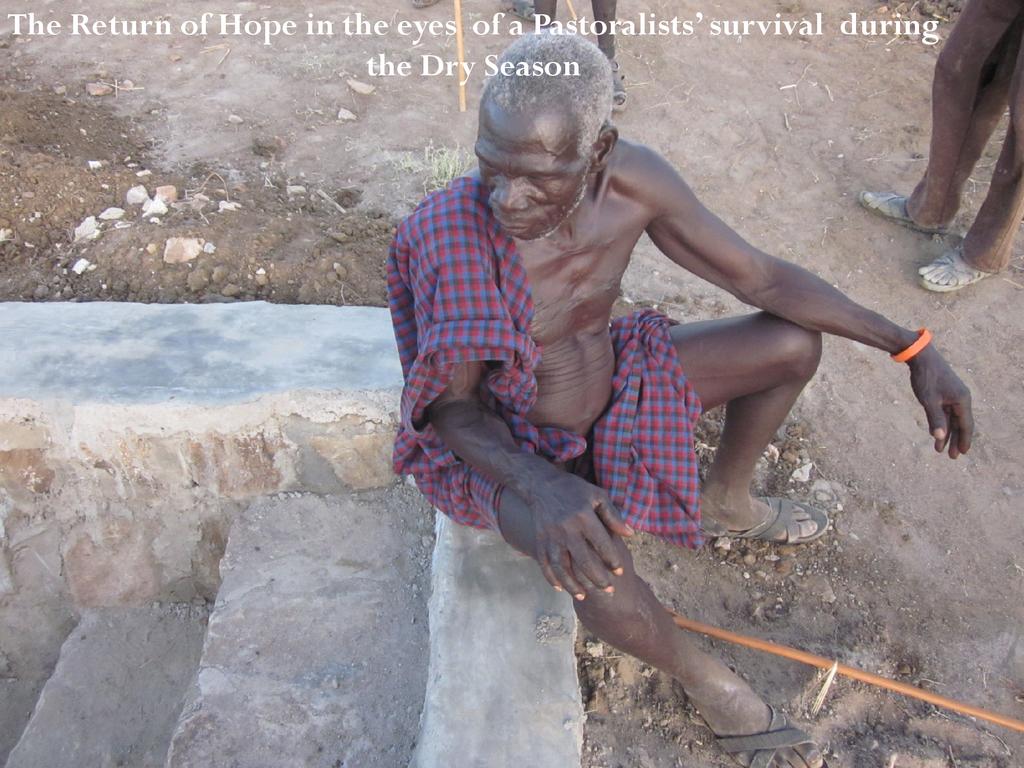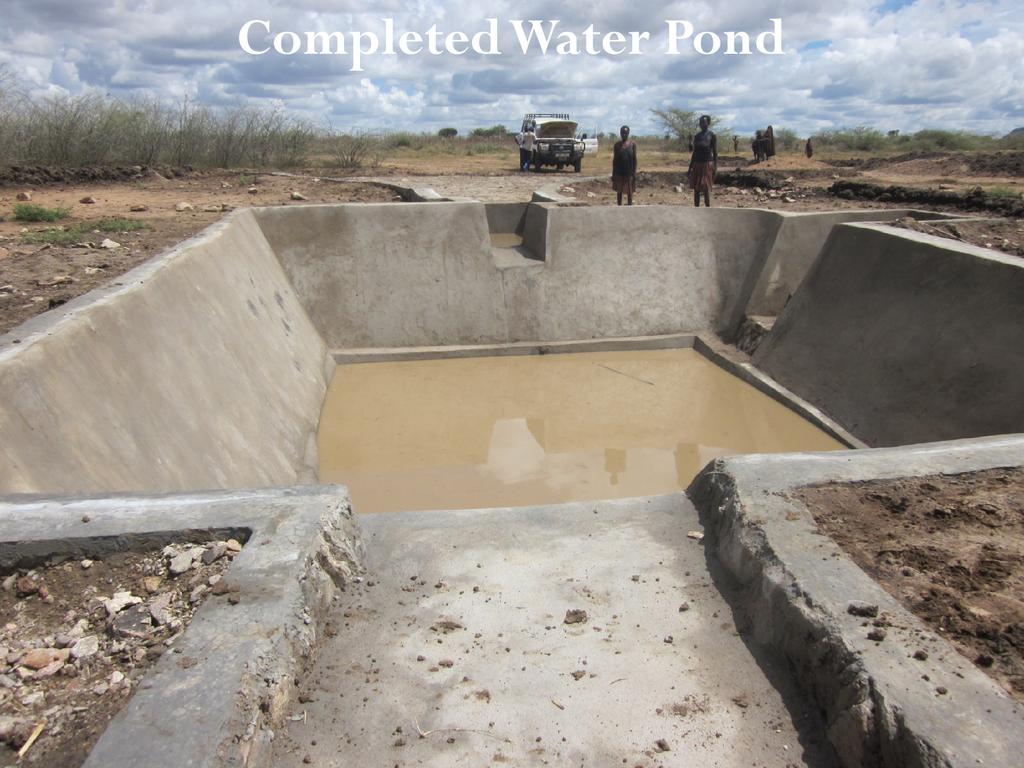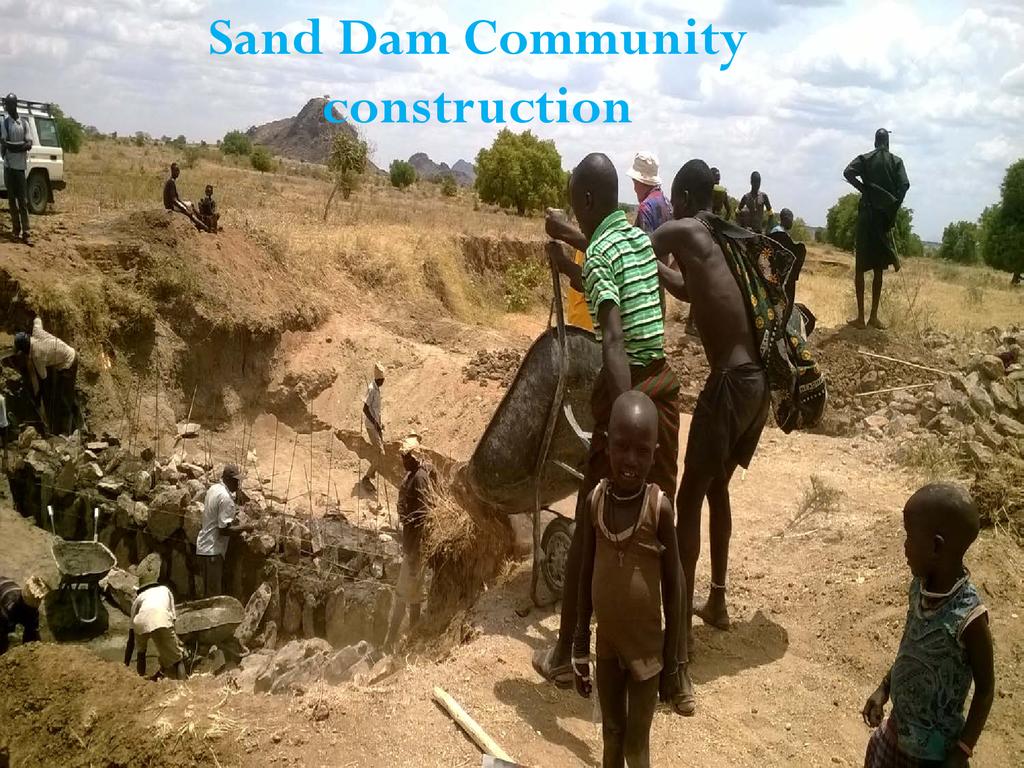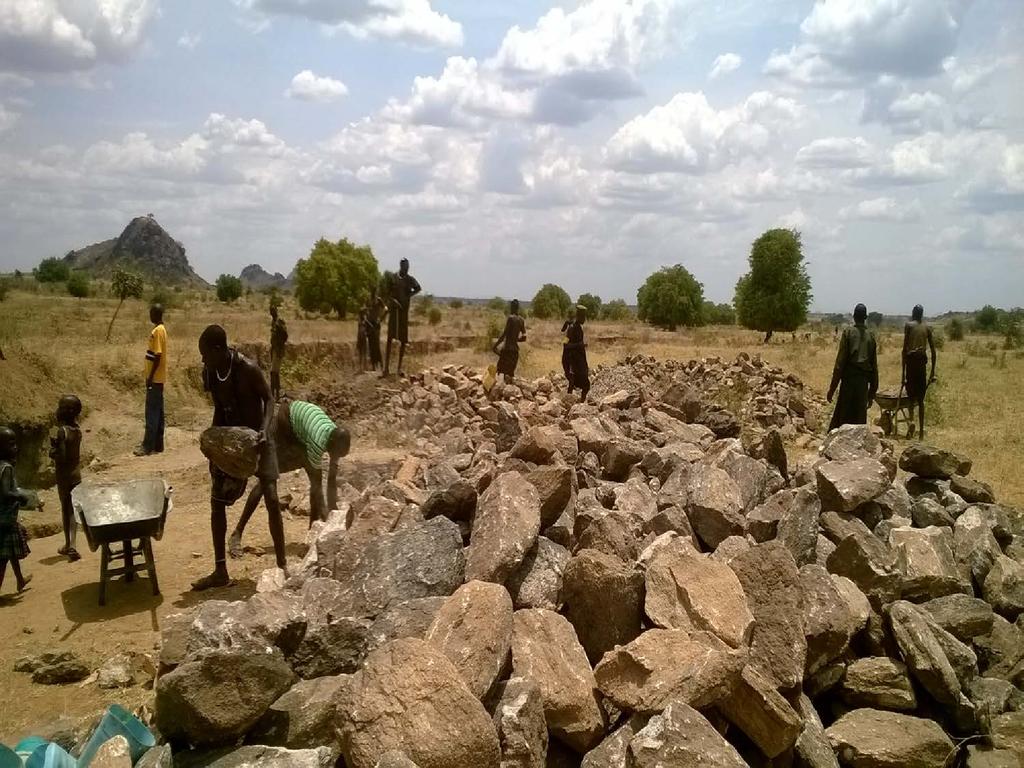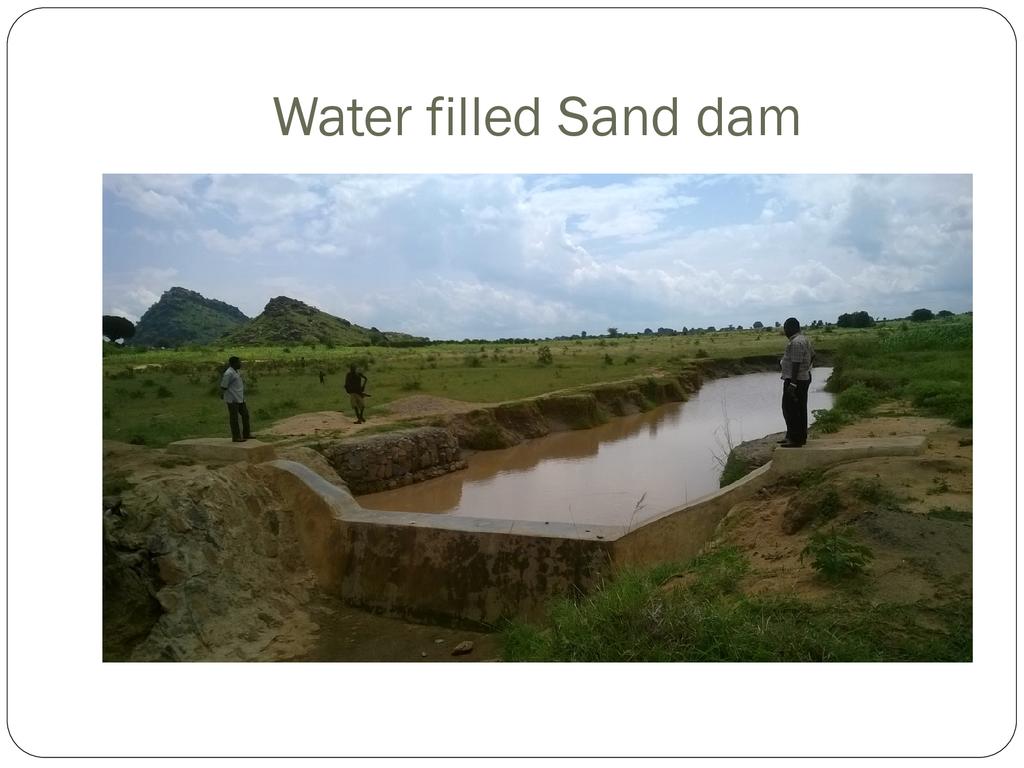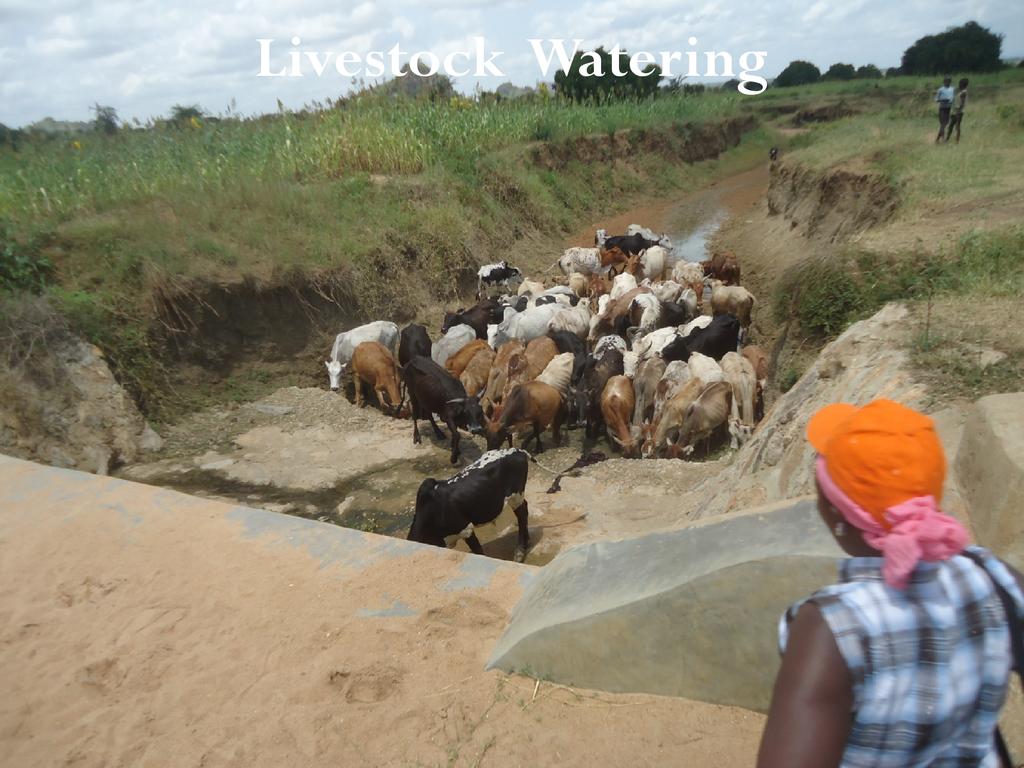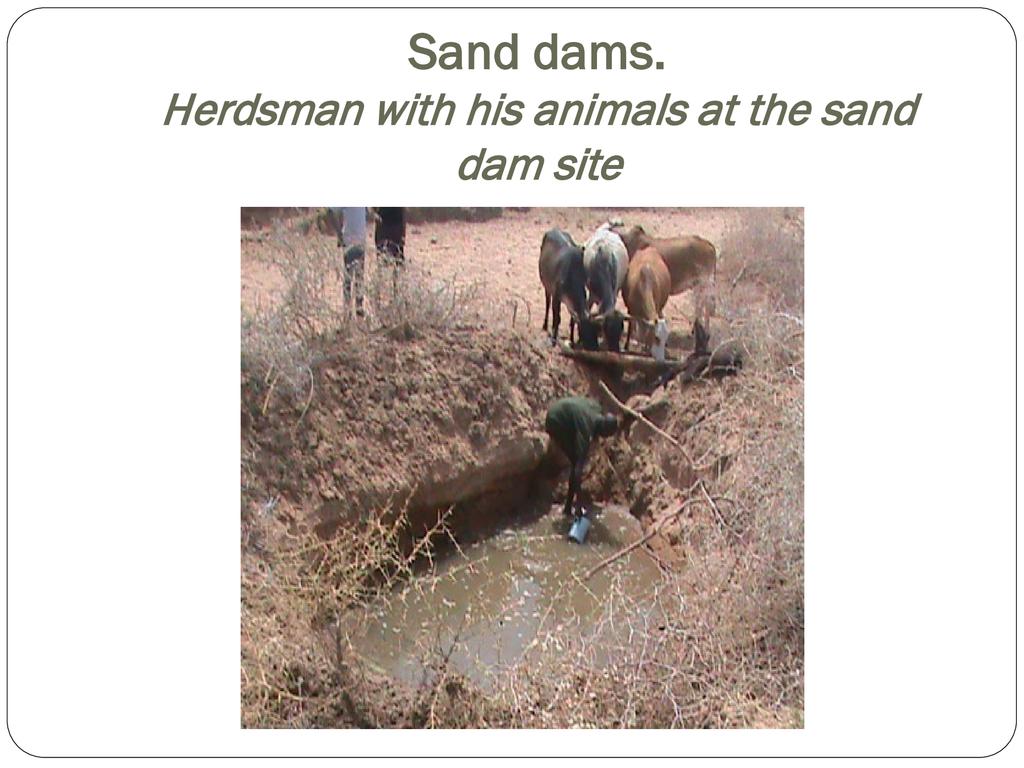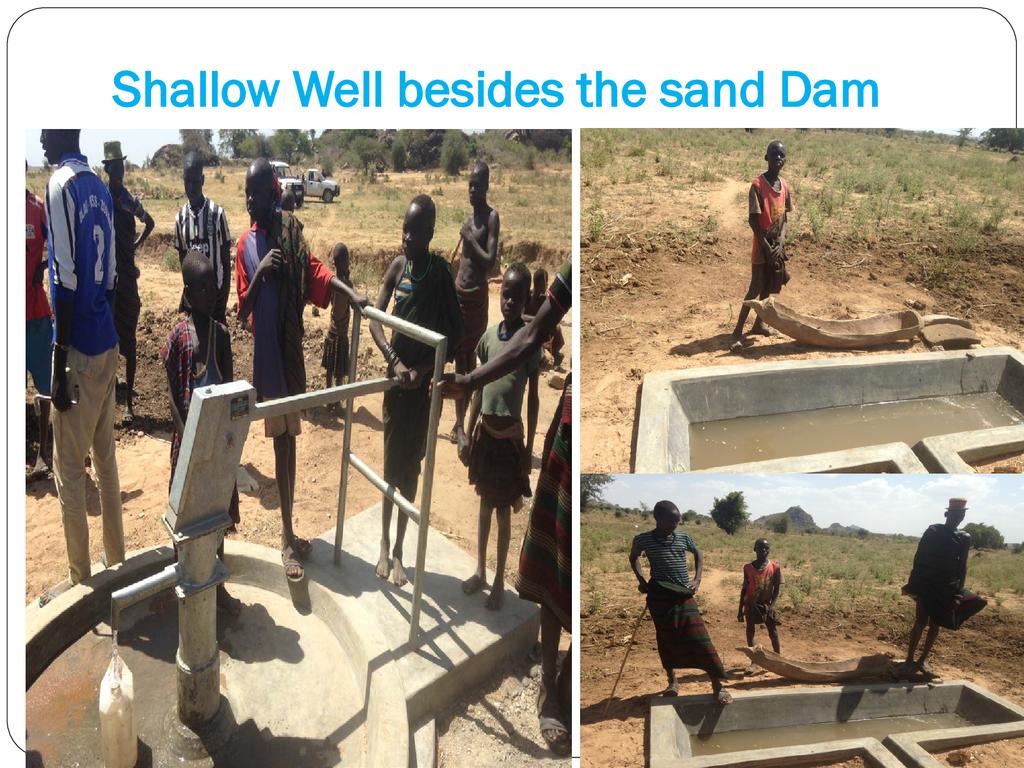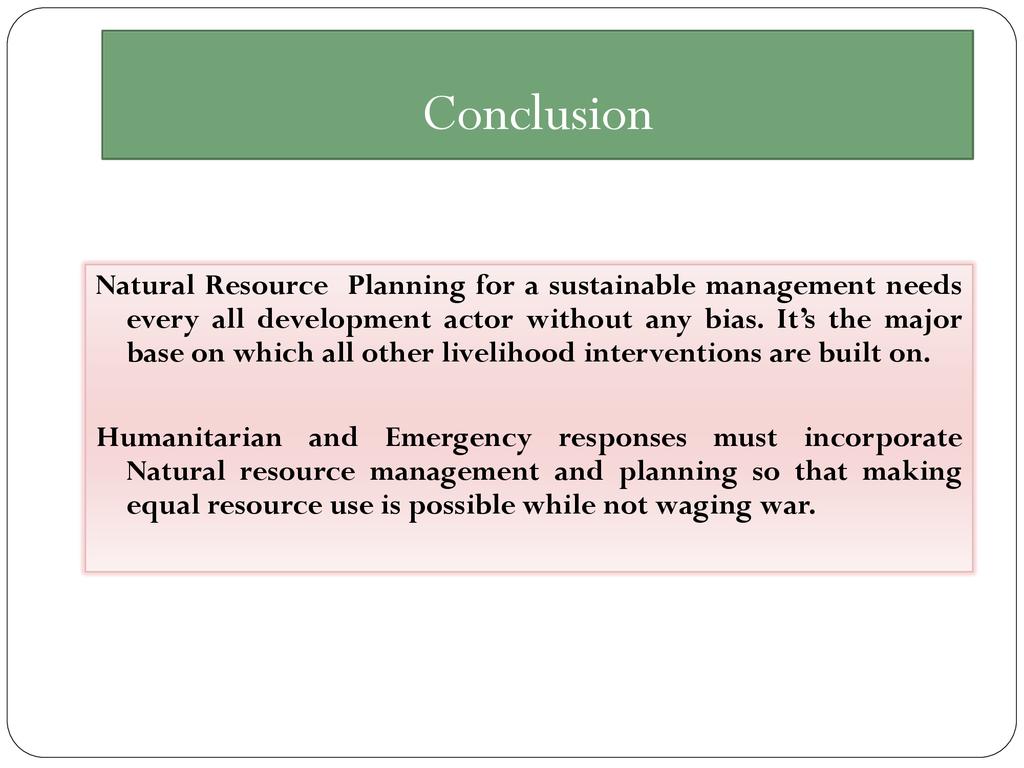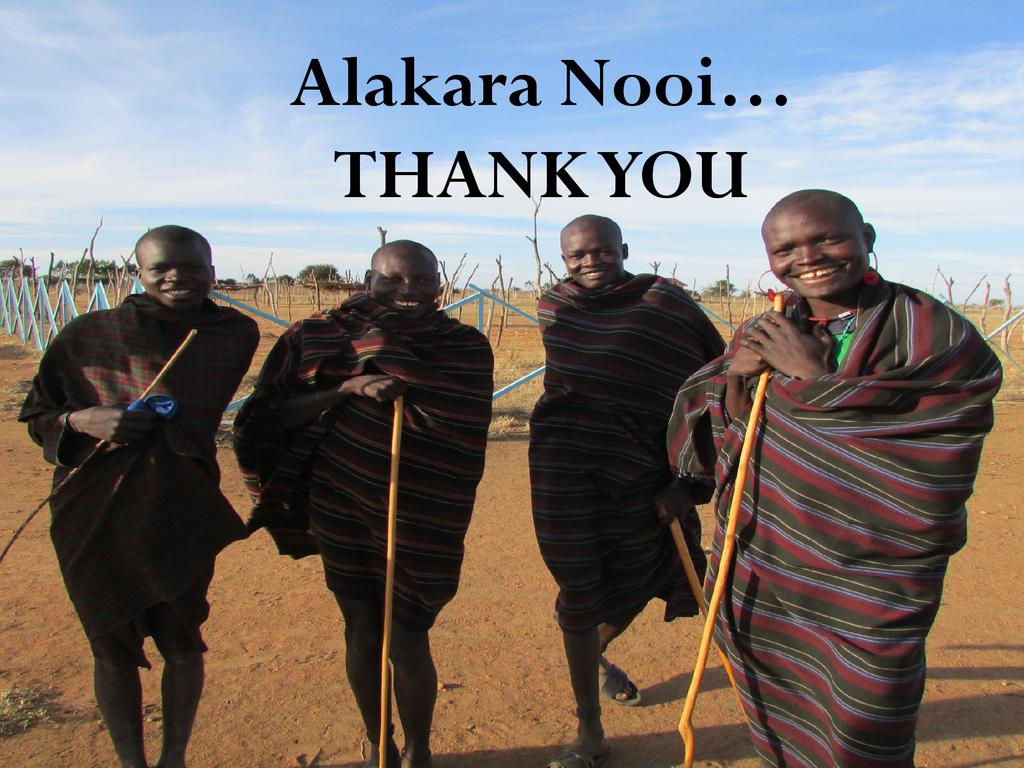Presented By: Robert Okumu
Event: 2nd ECHO East Africa Pastoralist Symposium (03 មិនា 2016)
Session: The presentation addresses key community approaches towards a balanced use of resources in the semi-arid district of Karamoja, Uganda.Natural resource conflict management can be realized by working towards a green economy, poverty eradication, and a sustainable food system. The strength of a community depends mainly on how it can extract usefully yet sustainably, its livelihood from the available natural resources. The use of land, water, pastures and forests are crucial for both livestock and human survival in any semi-arid setting. Disagreements and disputes over the access control, and use of these resources due to differed priorities, management, interests, and needs lead to divisions within the social, economic, and political strength of a community. Conflicts will stifle any development initiative in place despite any external support. This presentation looks at managing conflict on the use of the scarce natural resources in an agro-pastoral area, the pressing demands of wildlife conservation and biting food insecurity.
Biographical data: Robert Okumu, ECHO Kotido, works in the TOGETHER consortium of Church World Service, and MAP International in Kotido, Karamoja, Uganda. Robert is a Karimojong from the north of Karamoja-Uganda, who works with the TOGETHER coalition to Build Community Resilience. He holds a Bachelors degree in Agriculture of Gulu University, and a Post graduate Diploma student of Monitoring and Evaluation, at Uganda Management Institute. He has worked with rural farmers both in South Sudan and Uganda on sustainable agriculture, and his passion to contribute to the reduction of loss of biodiversity, desertification and acidification of the earth’s natural bodies.

